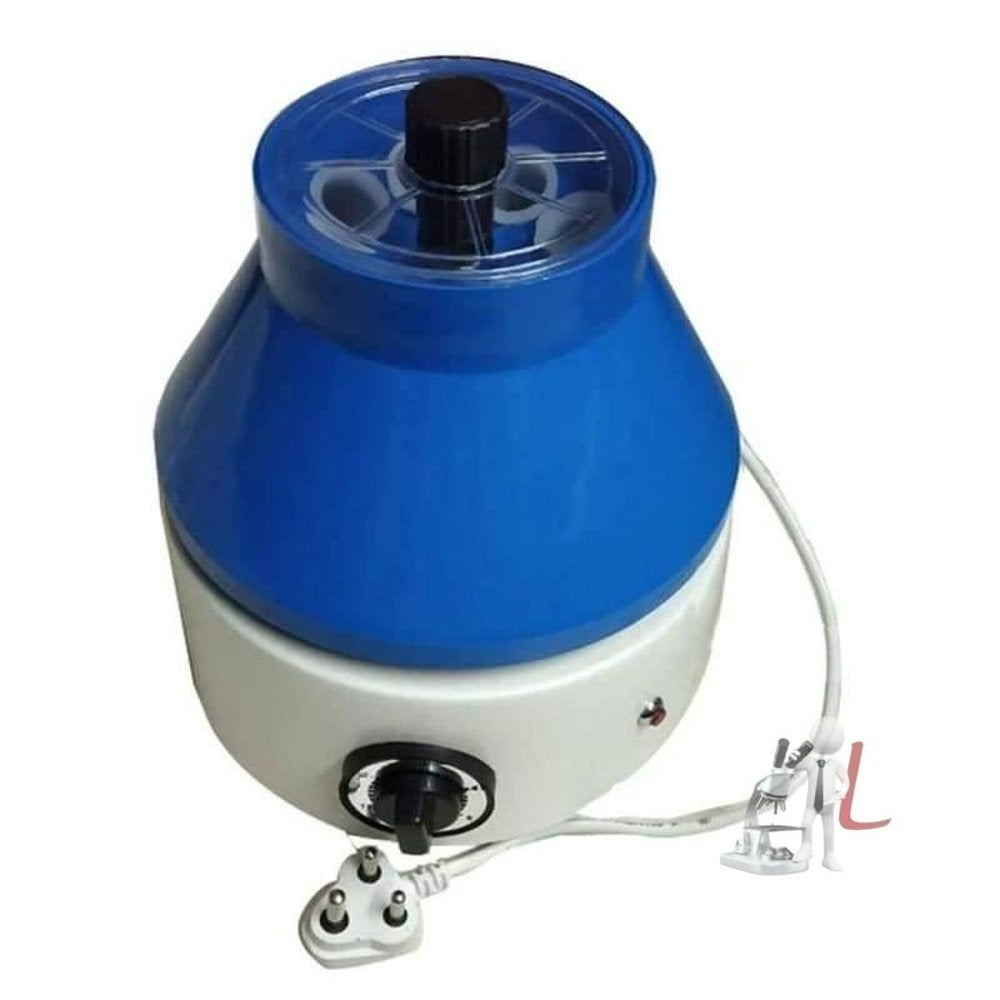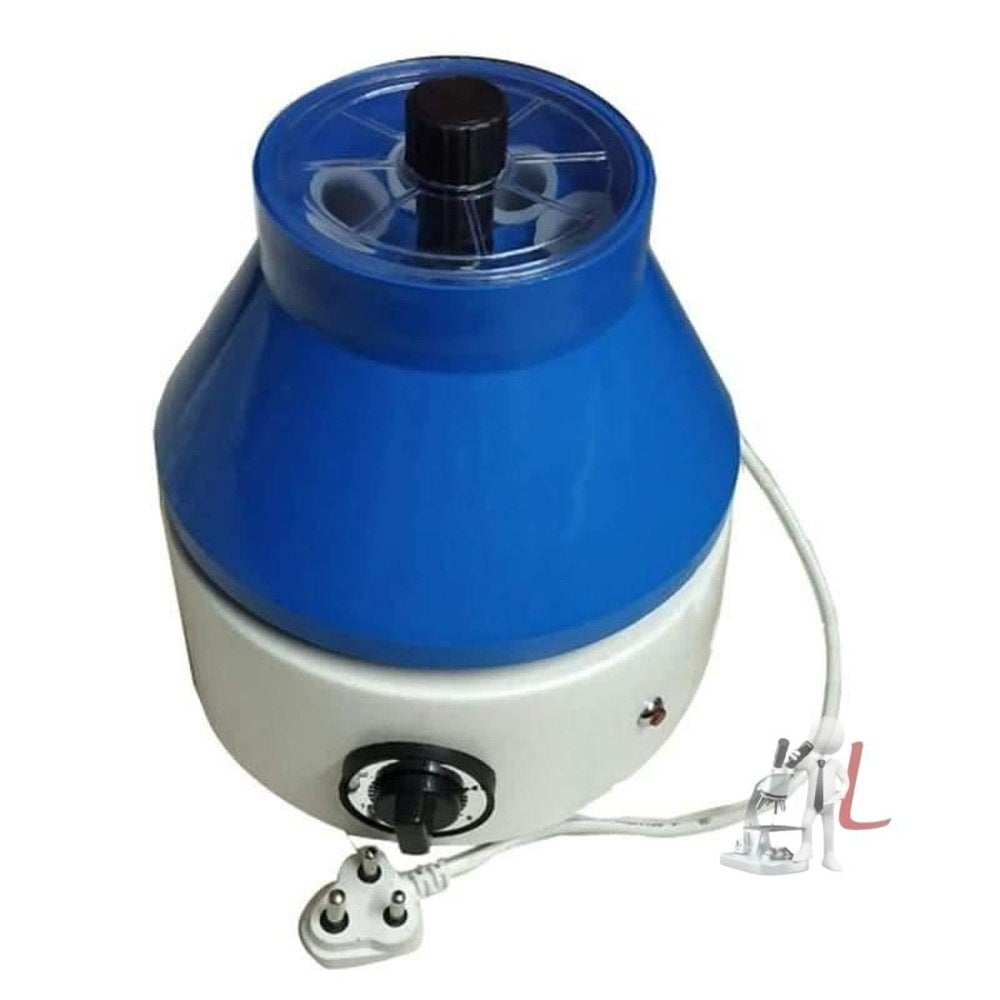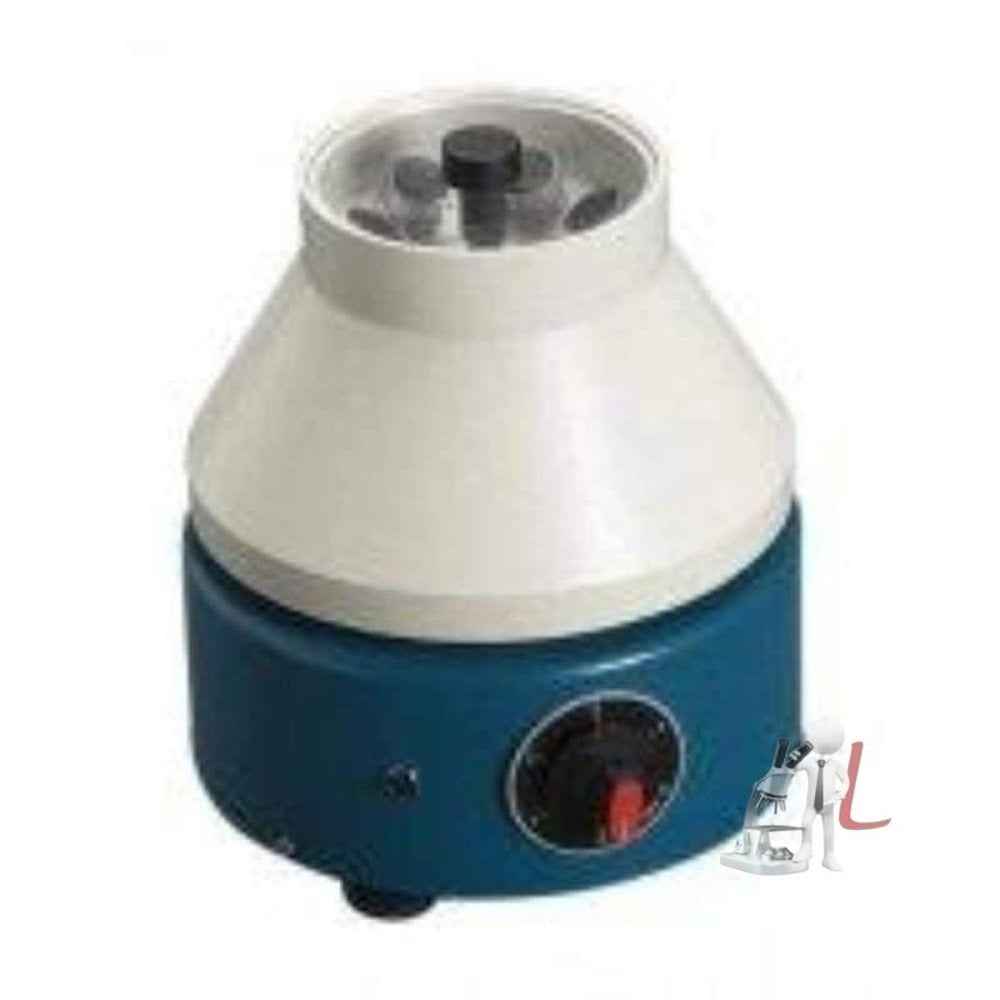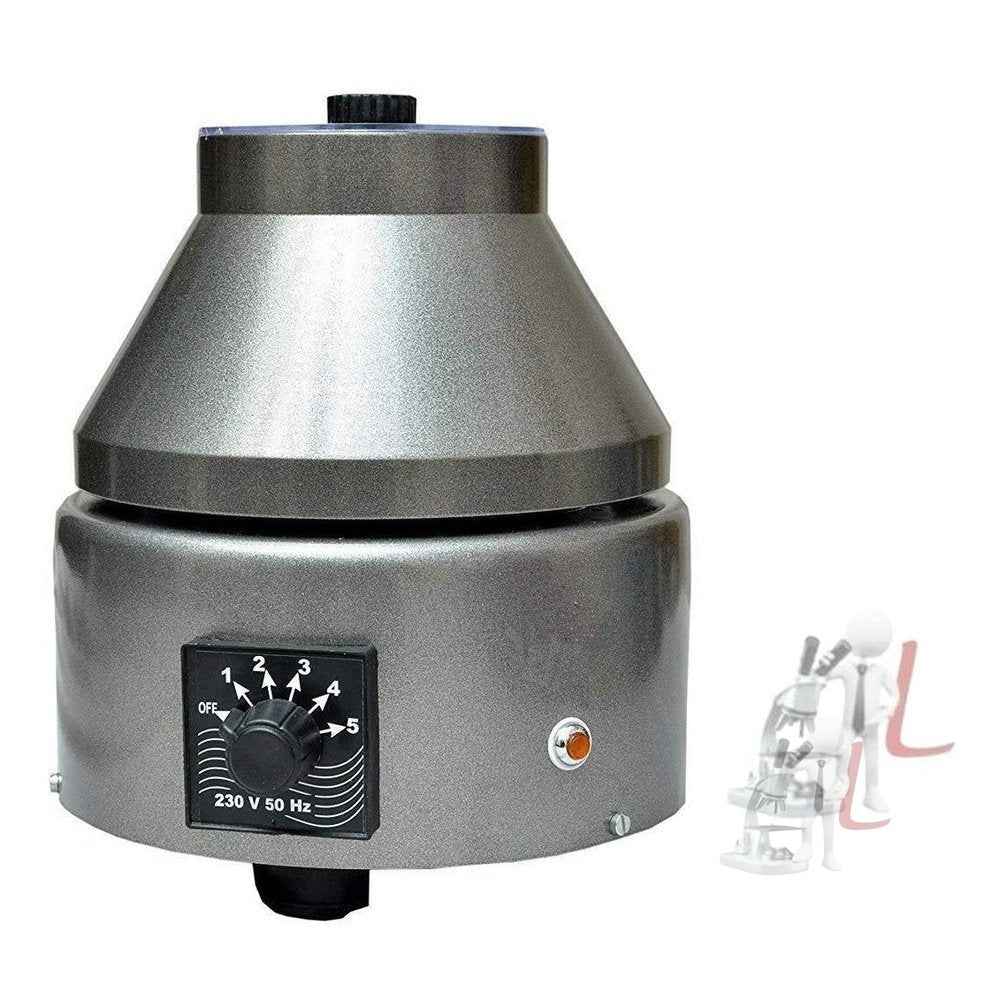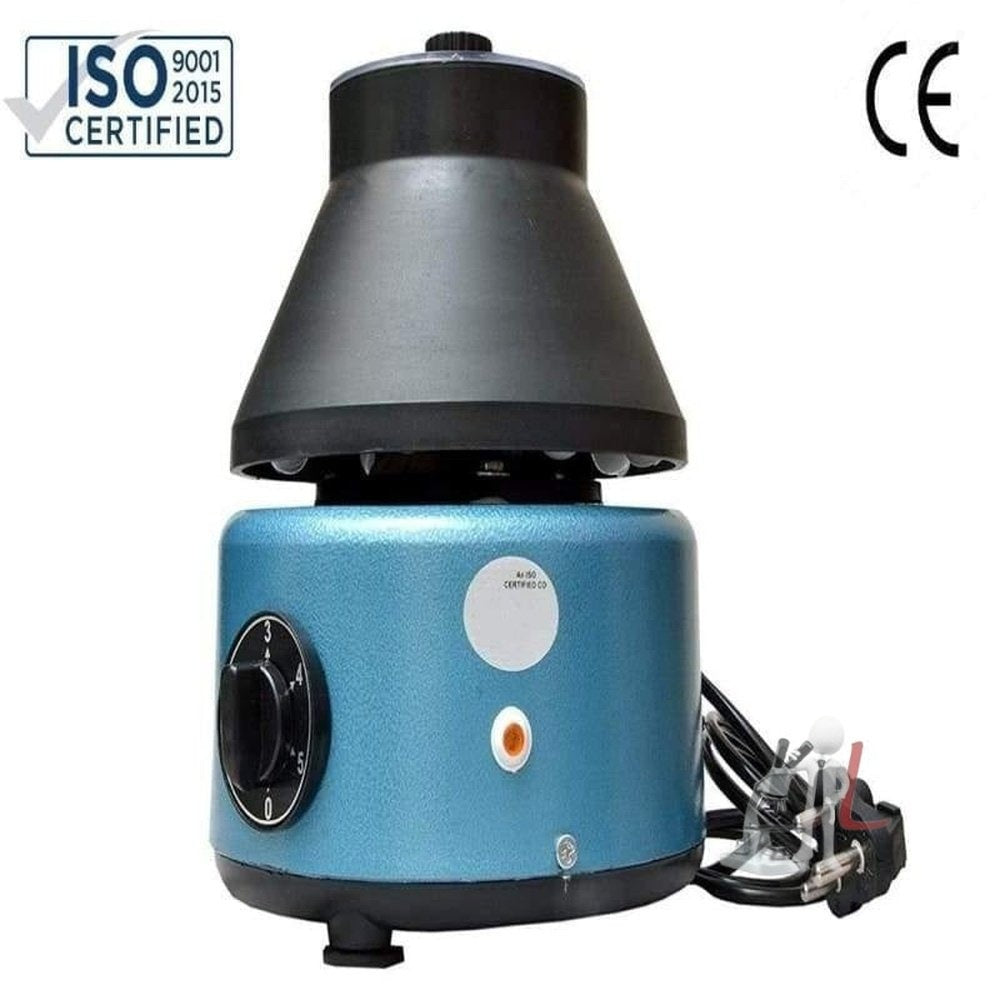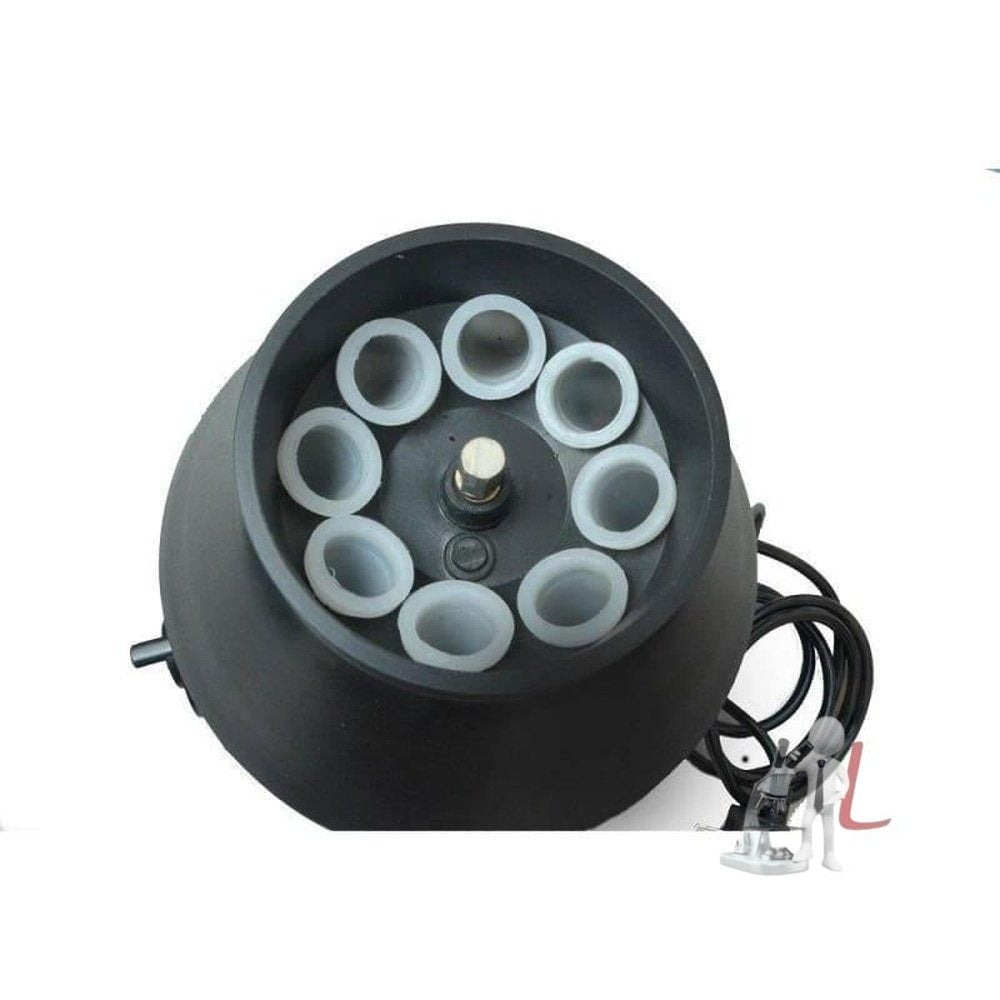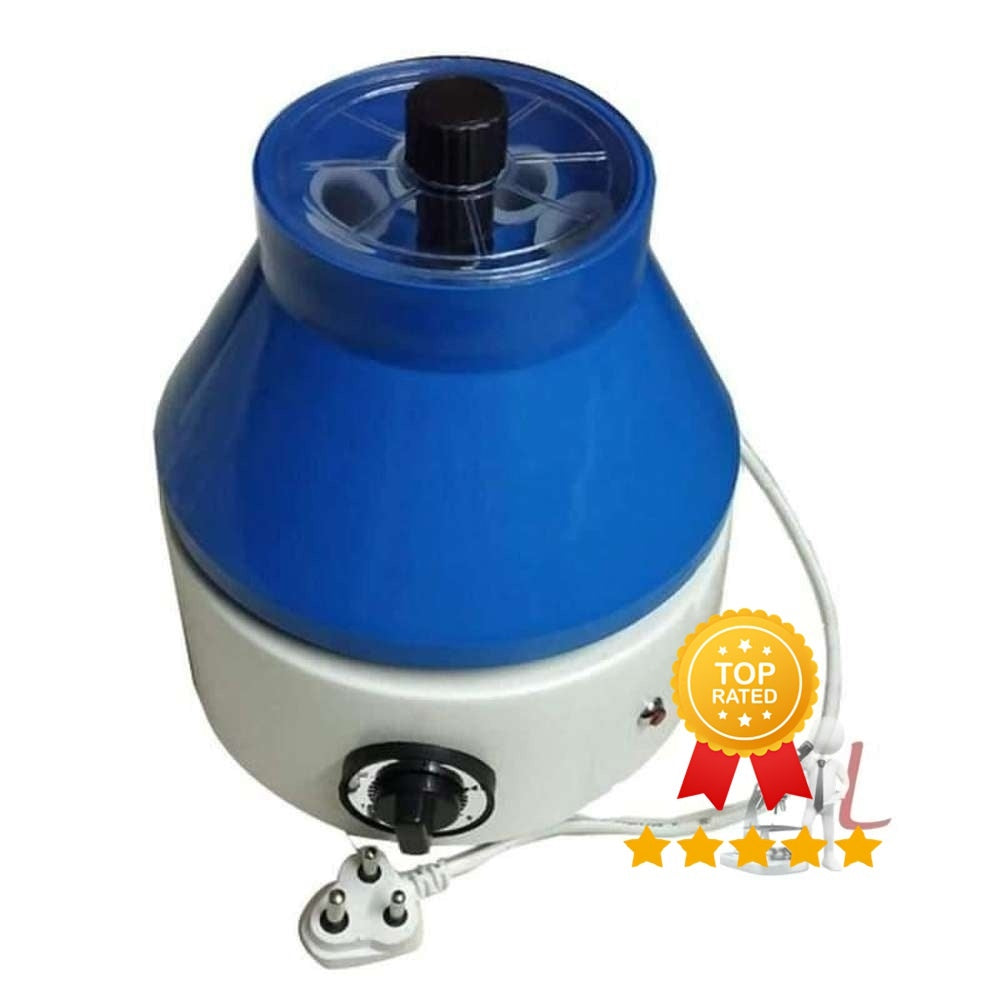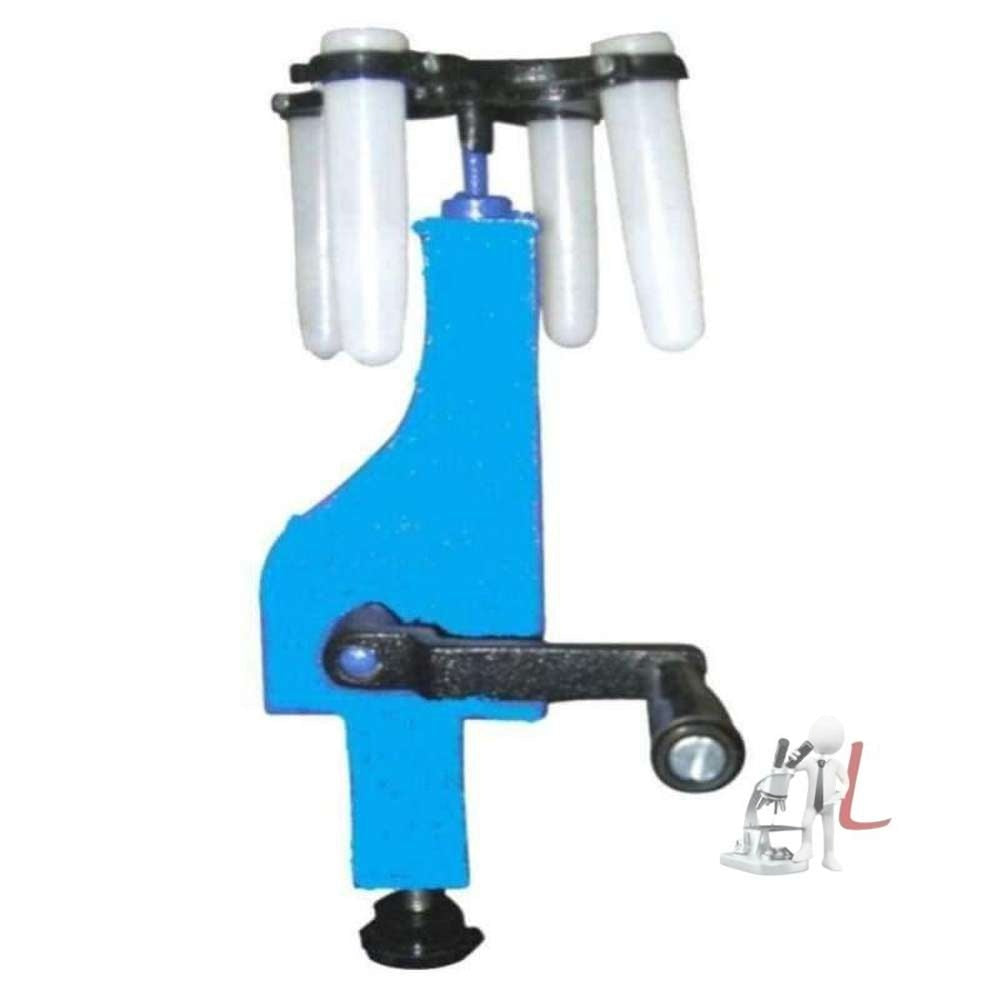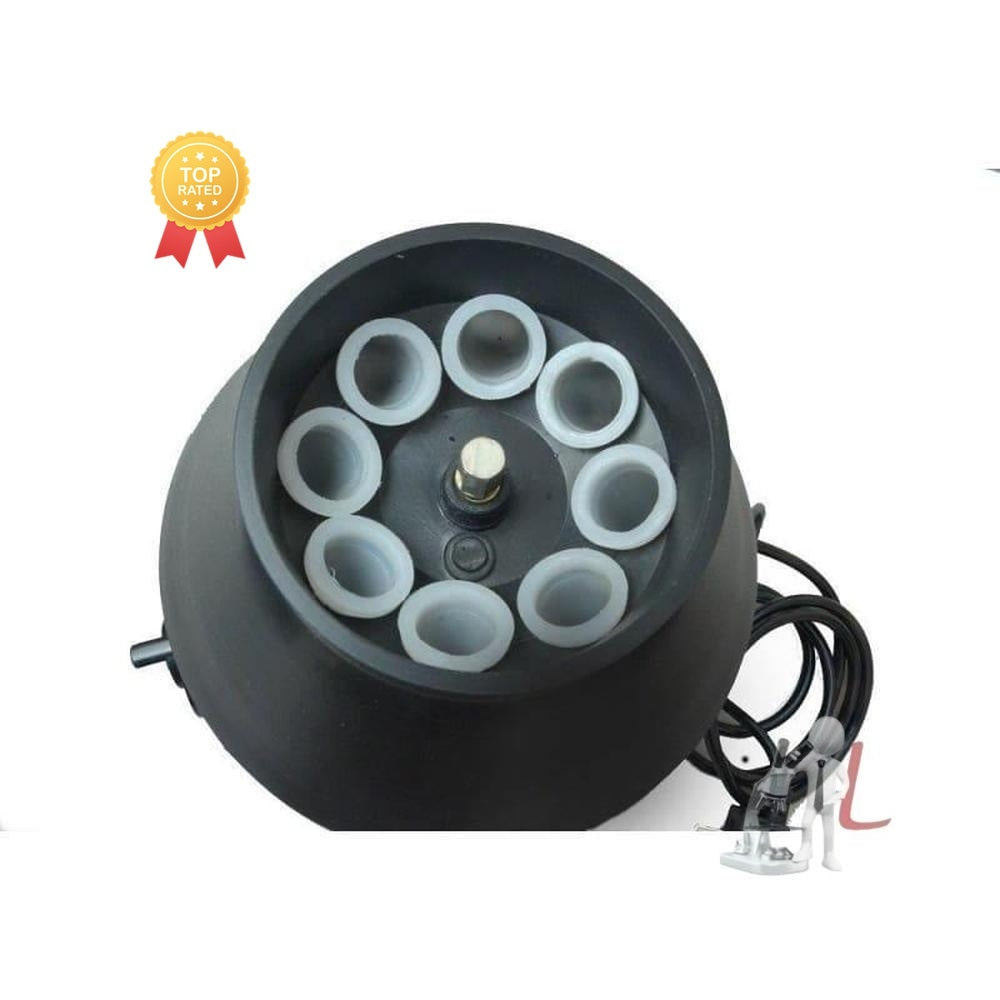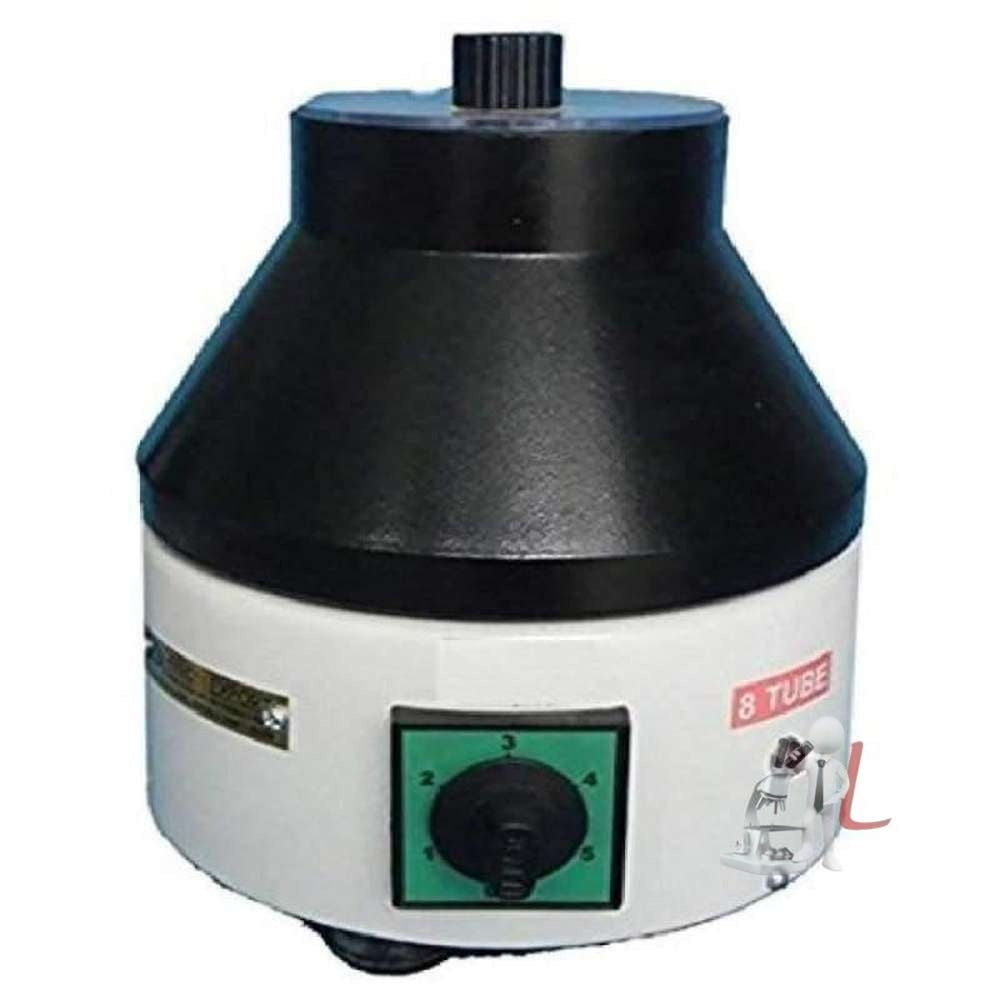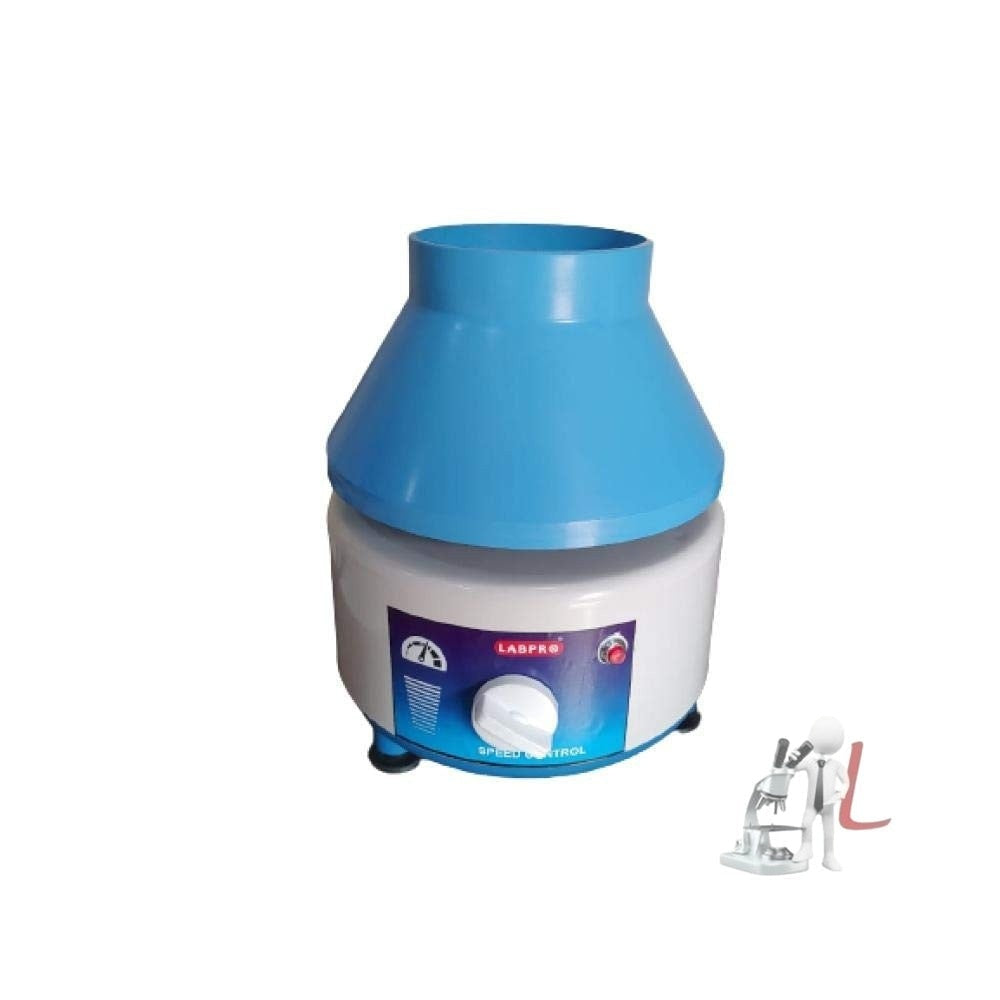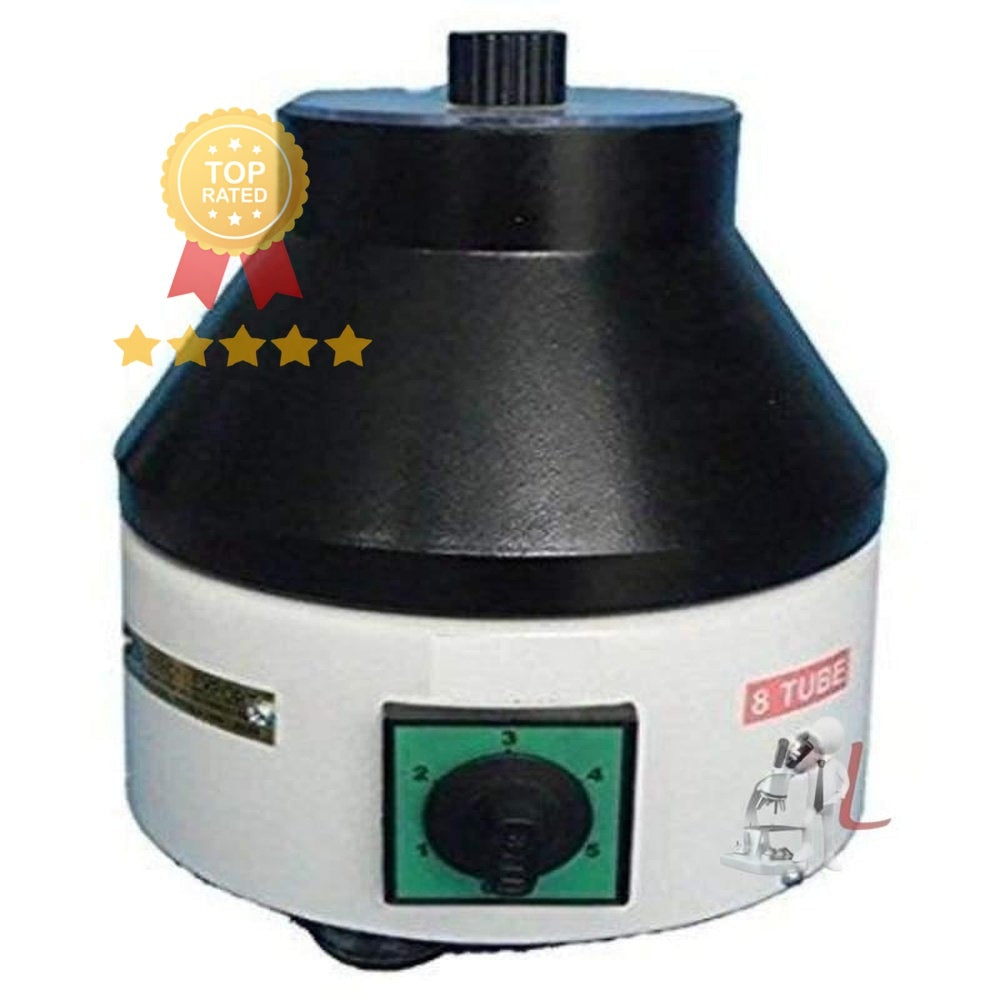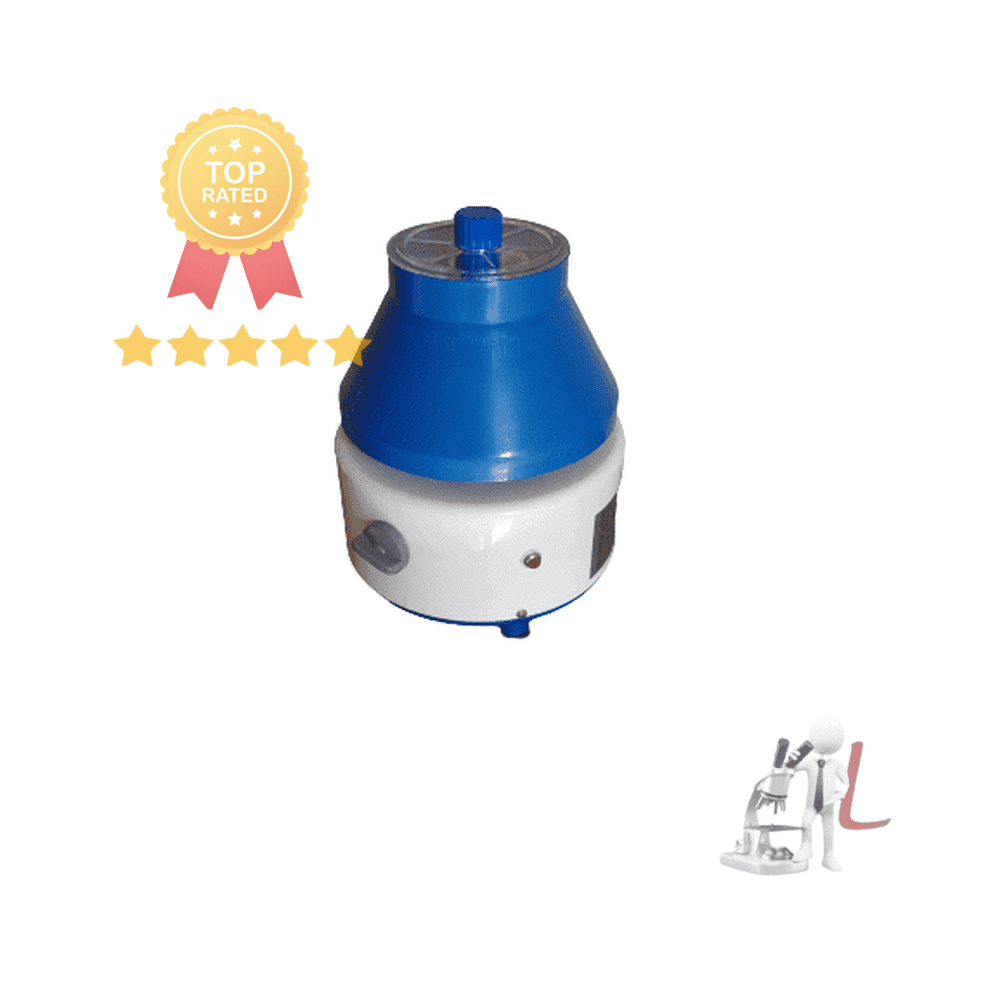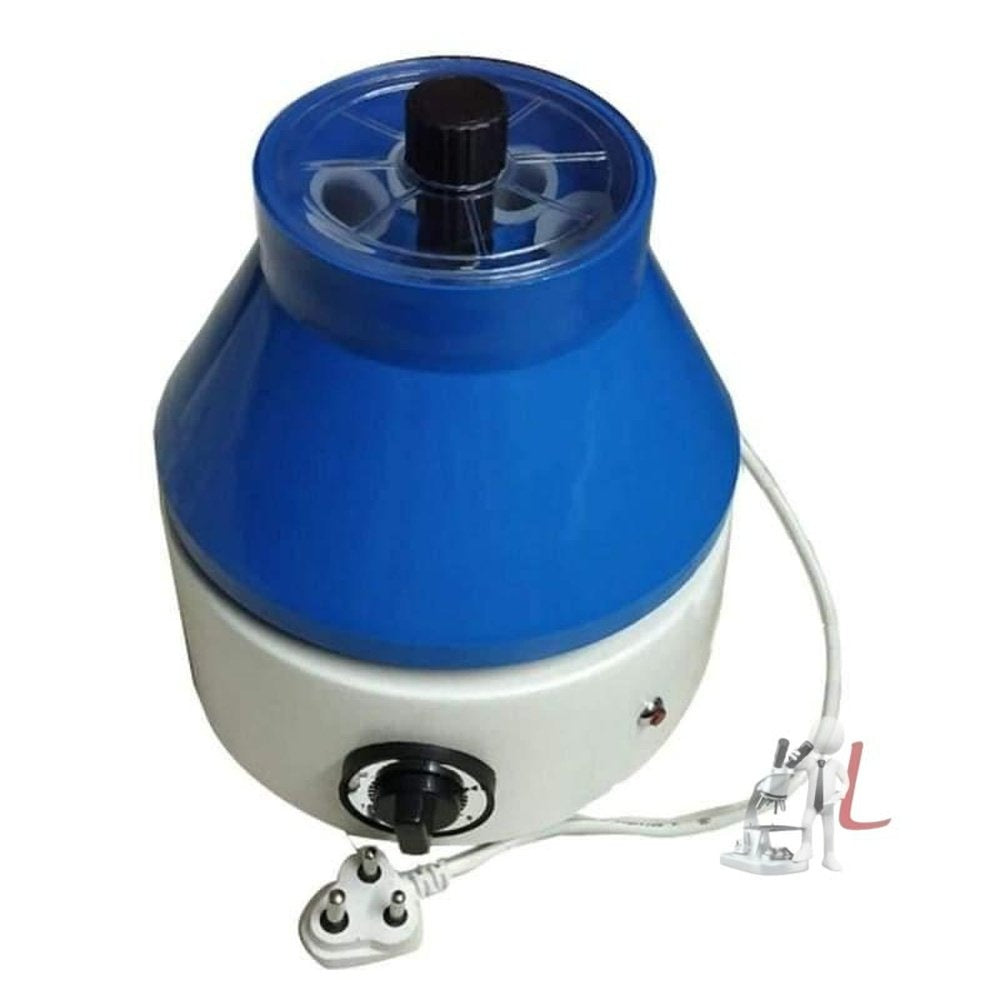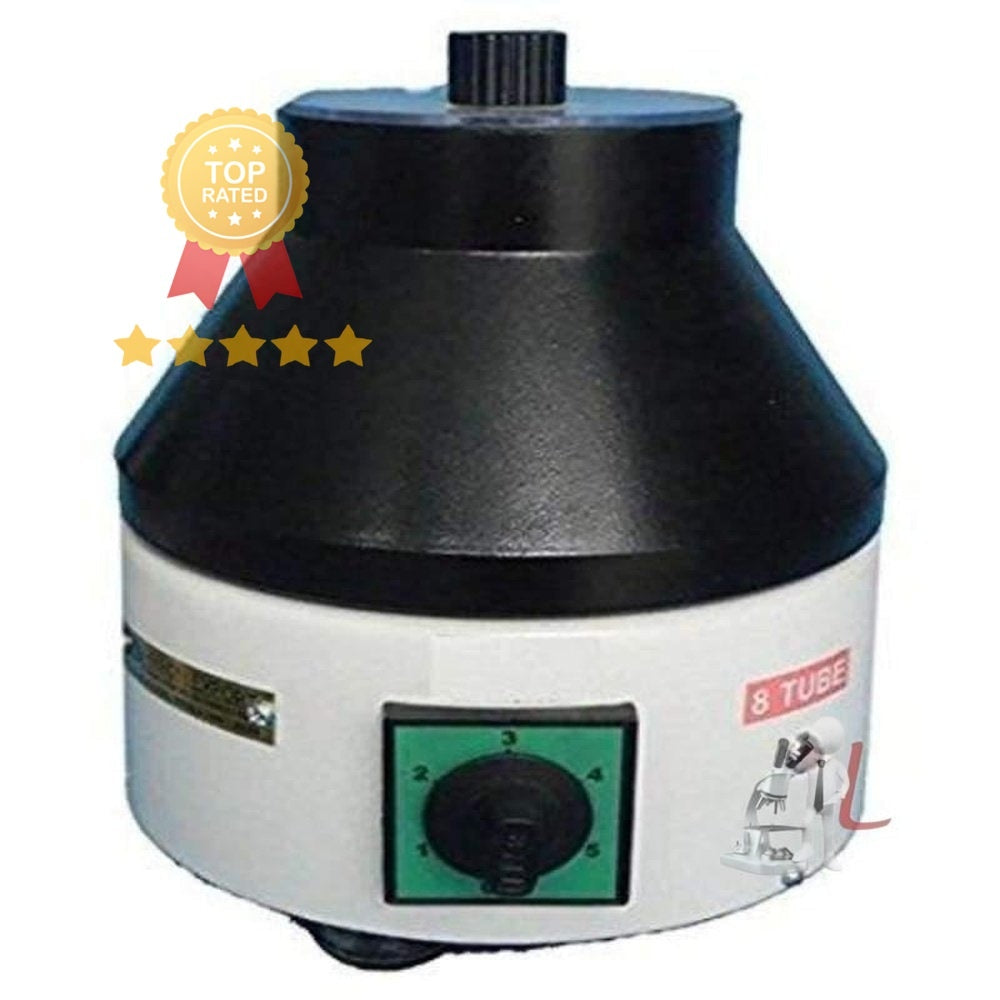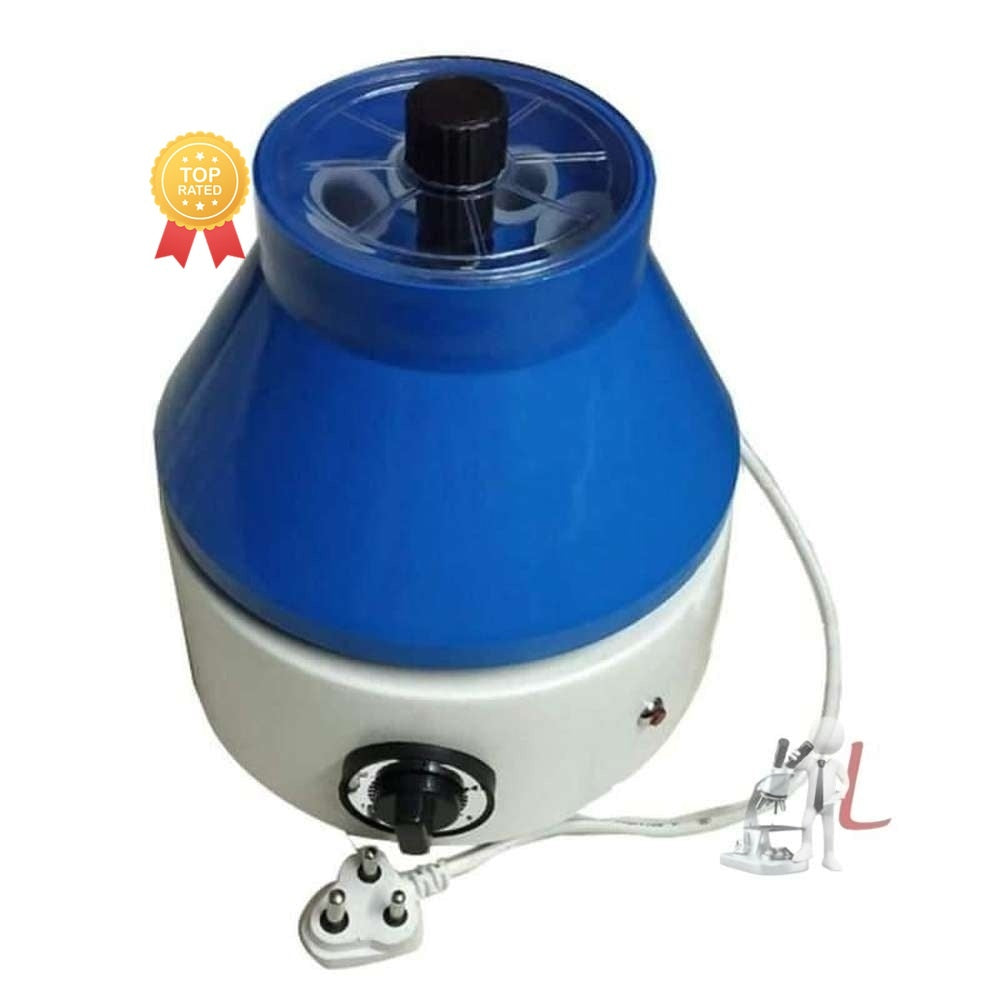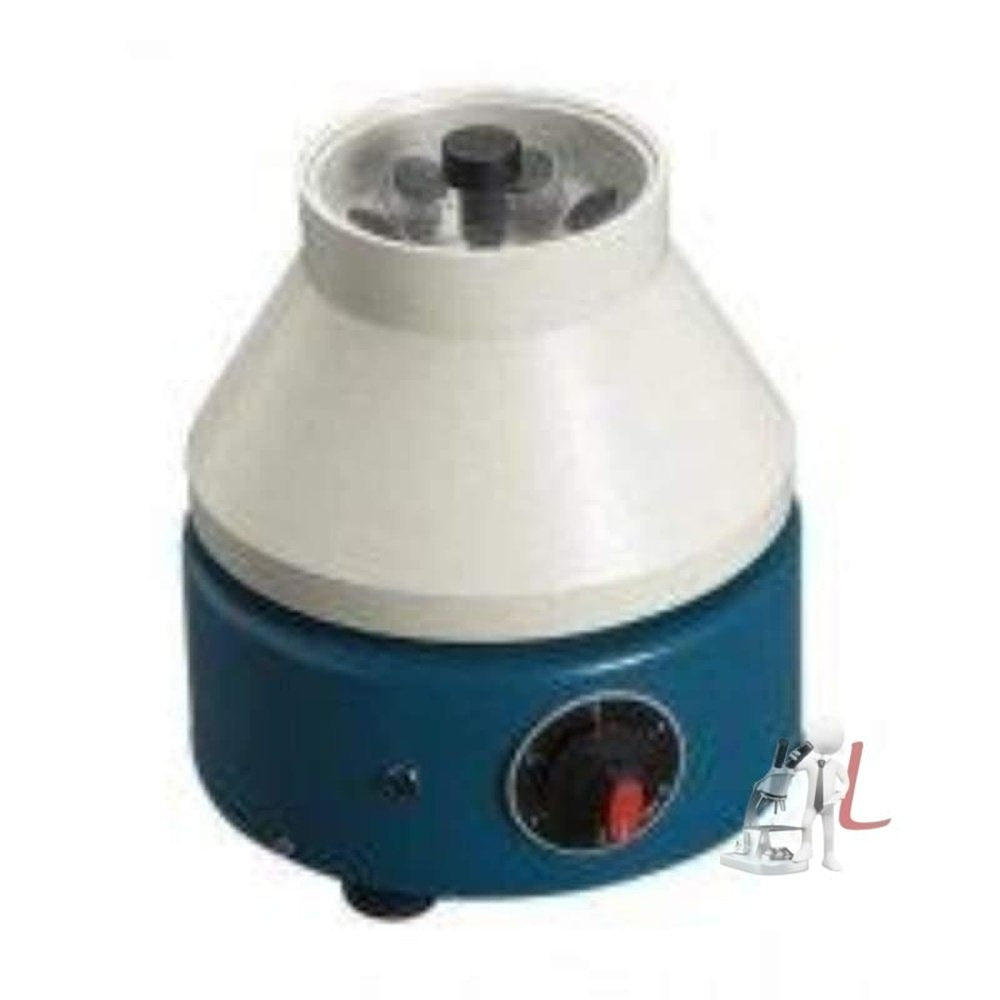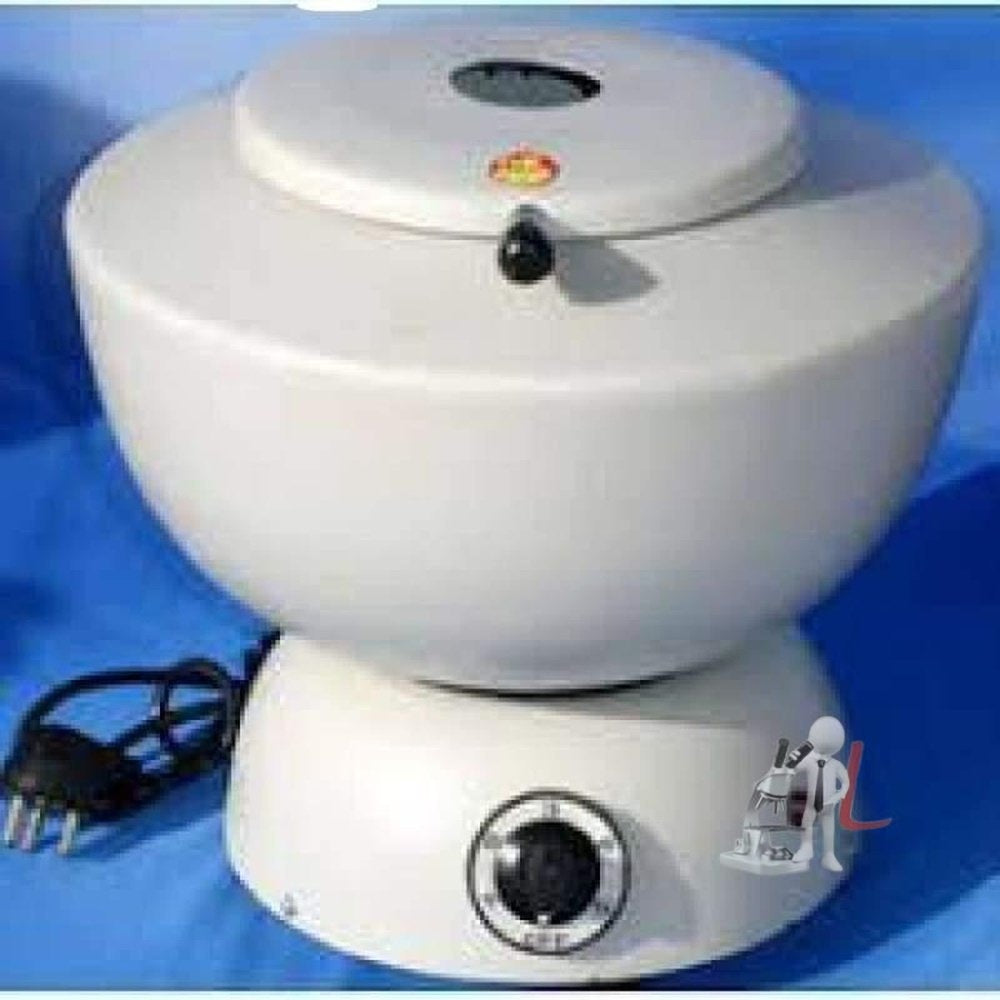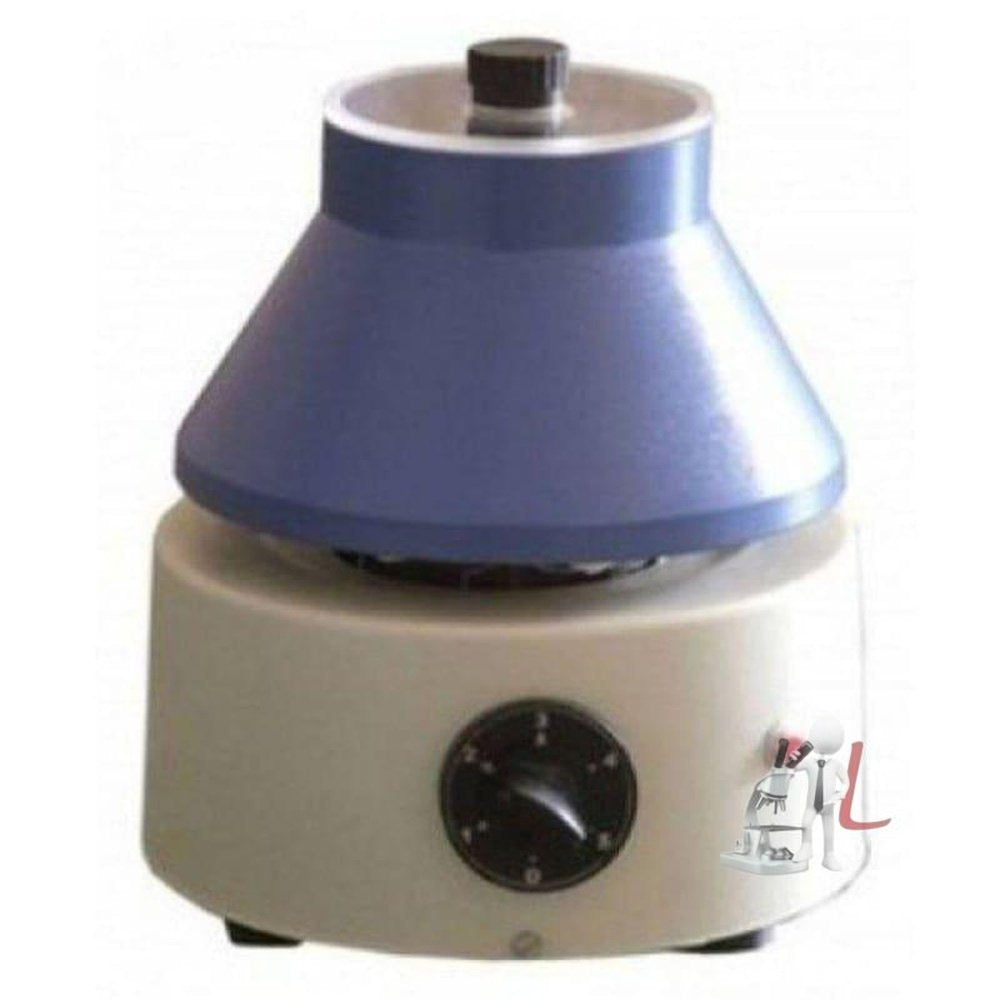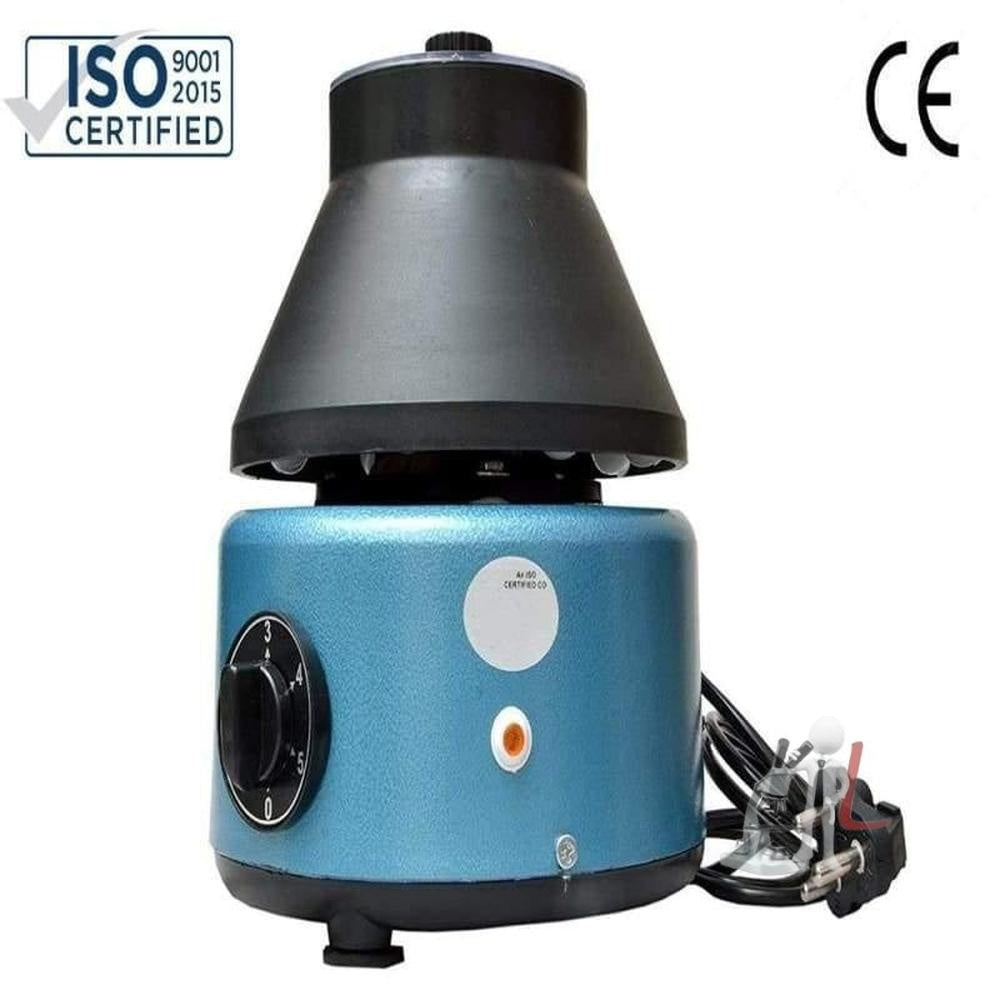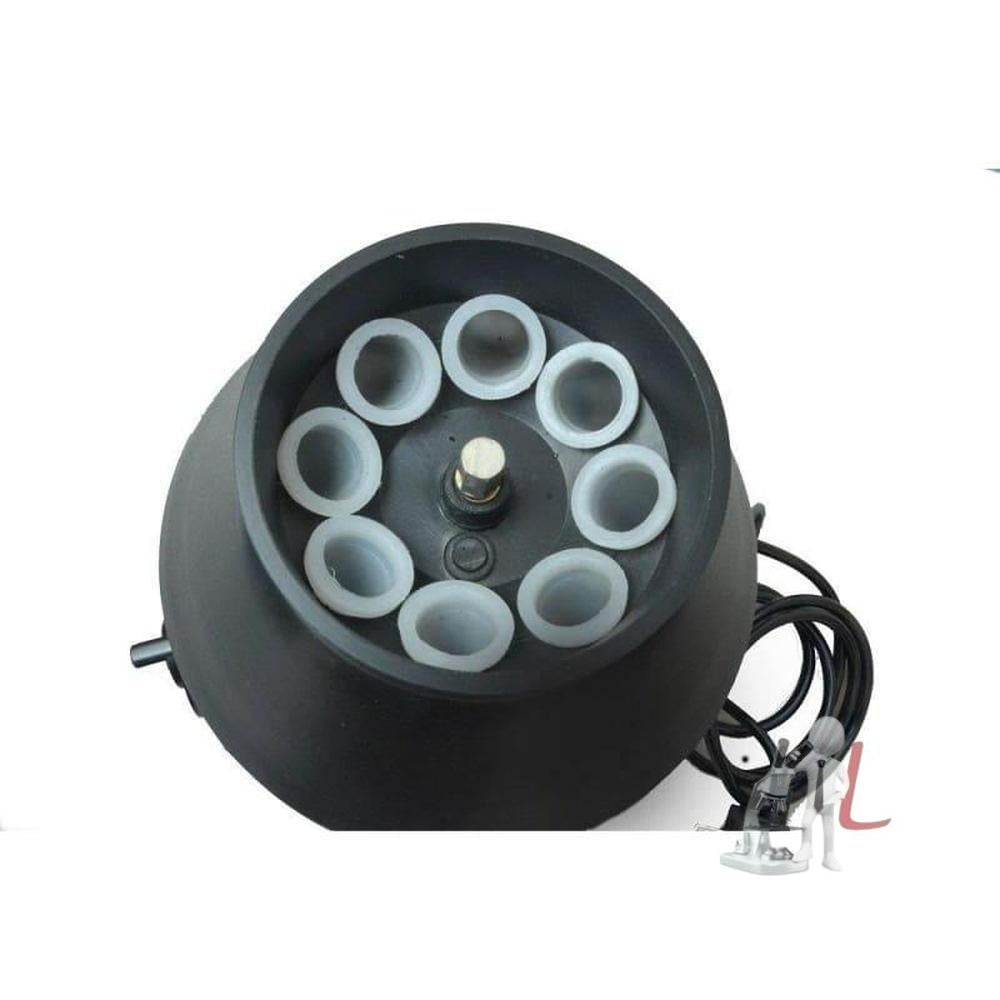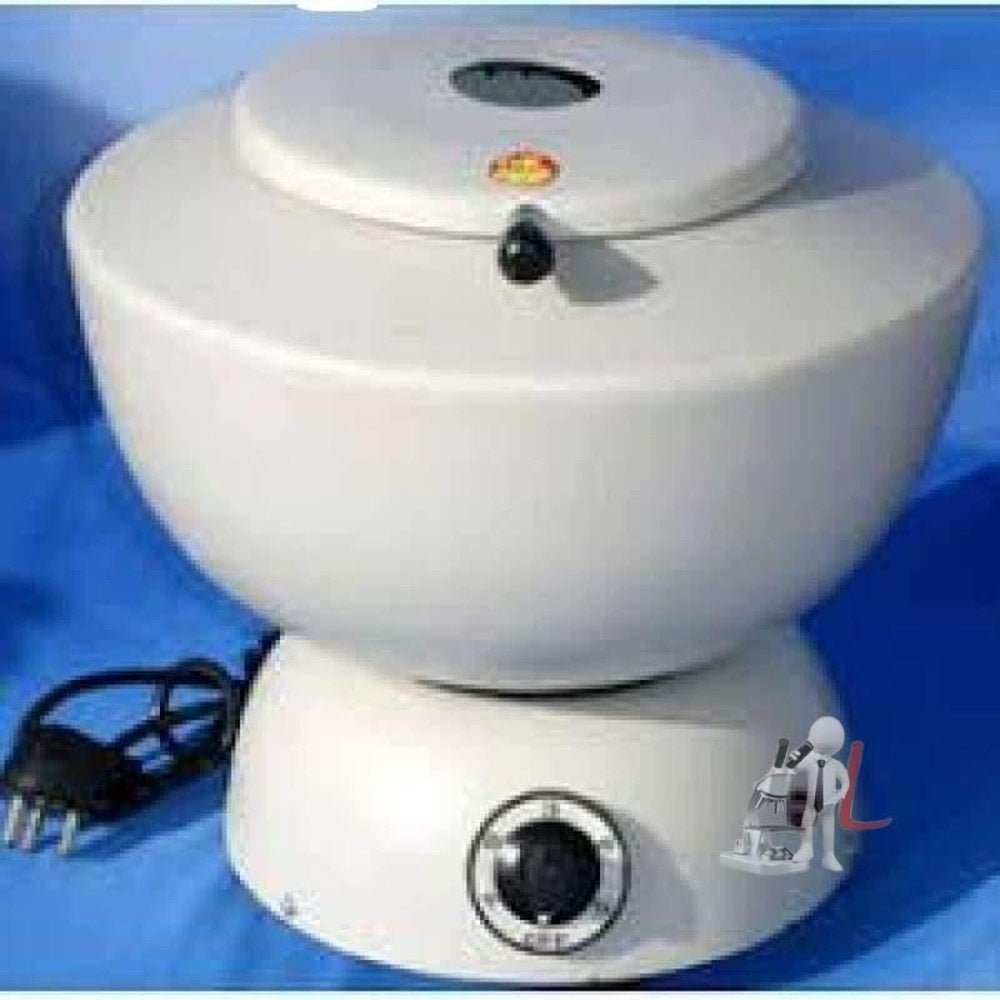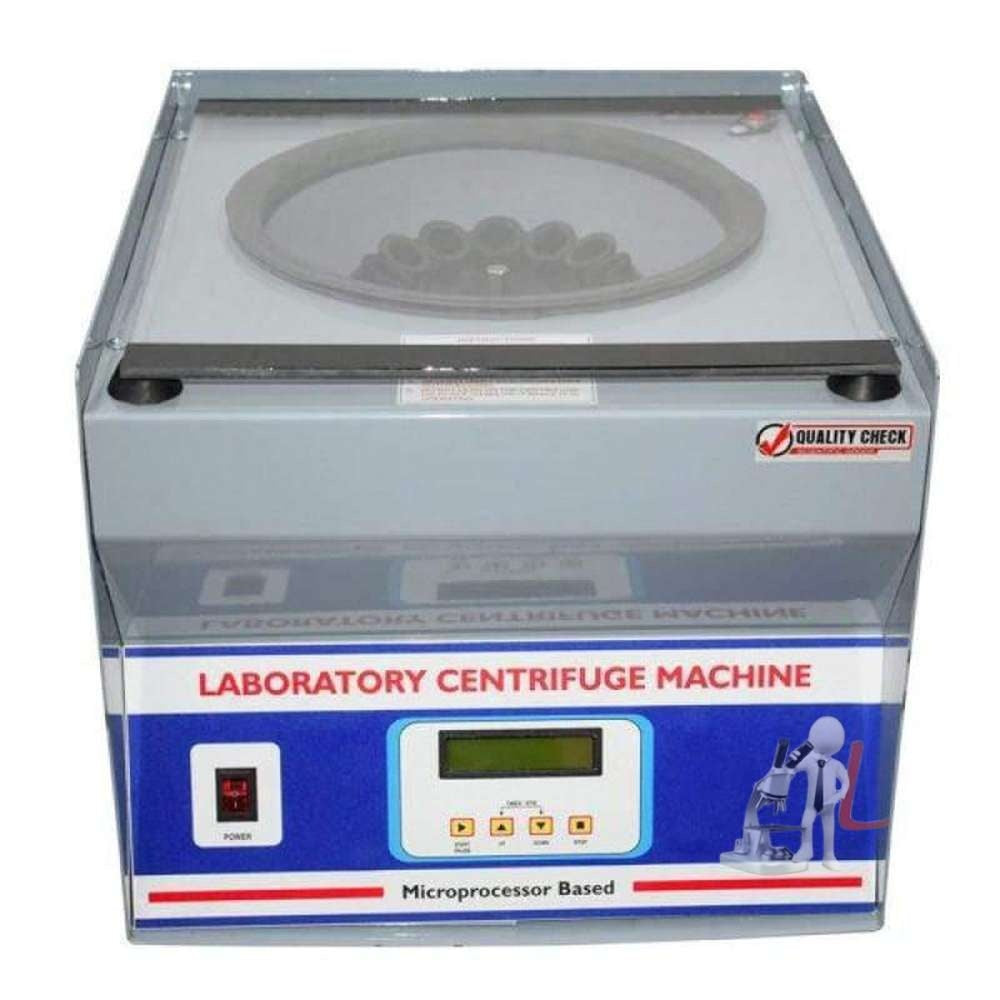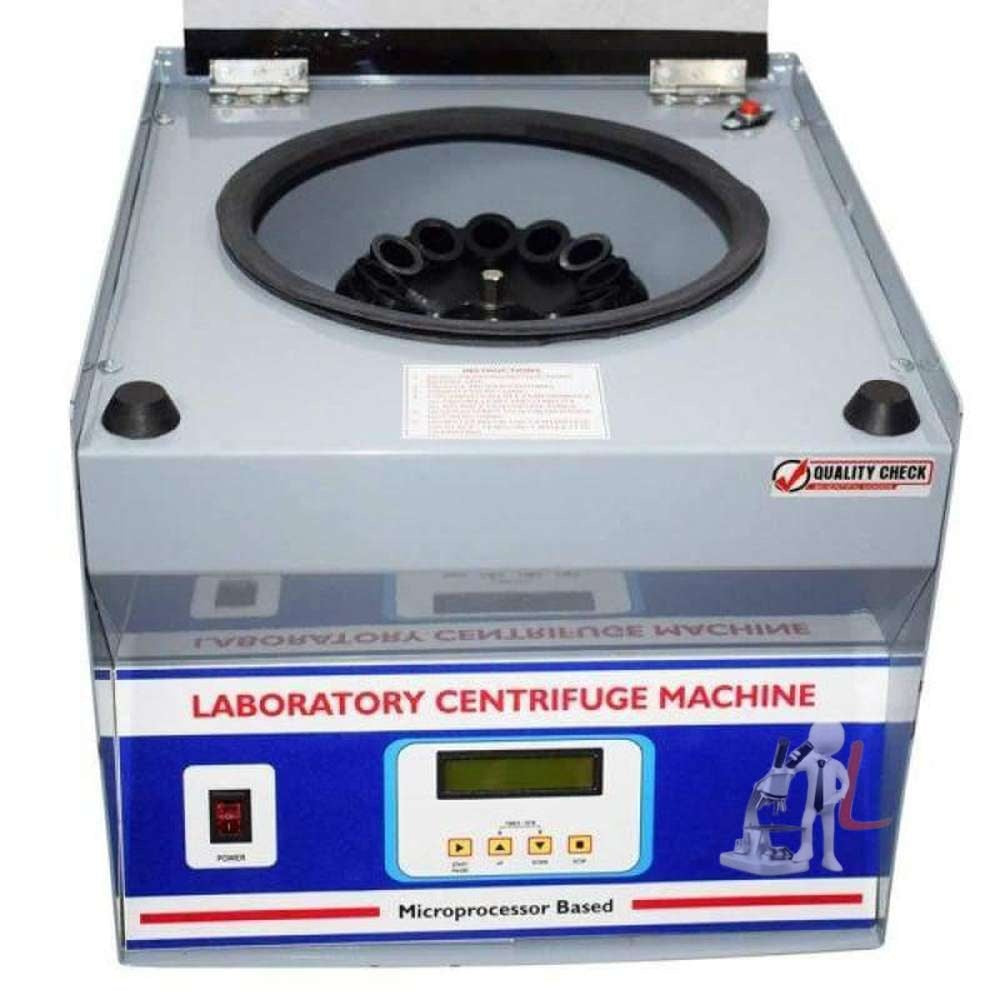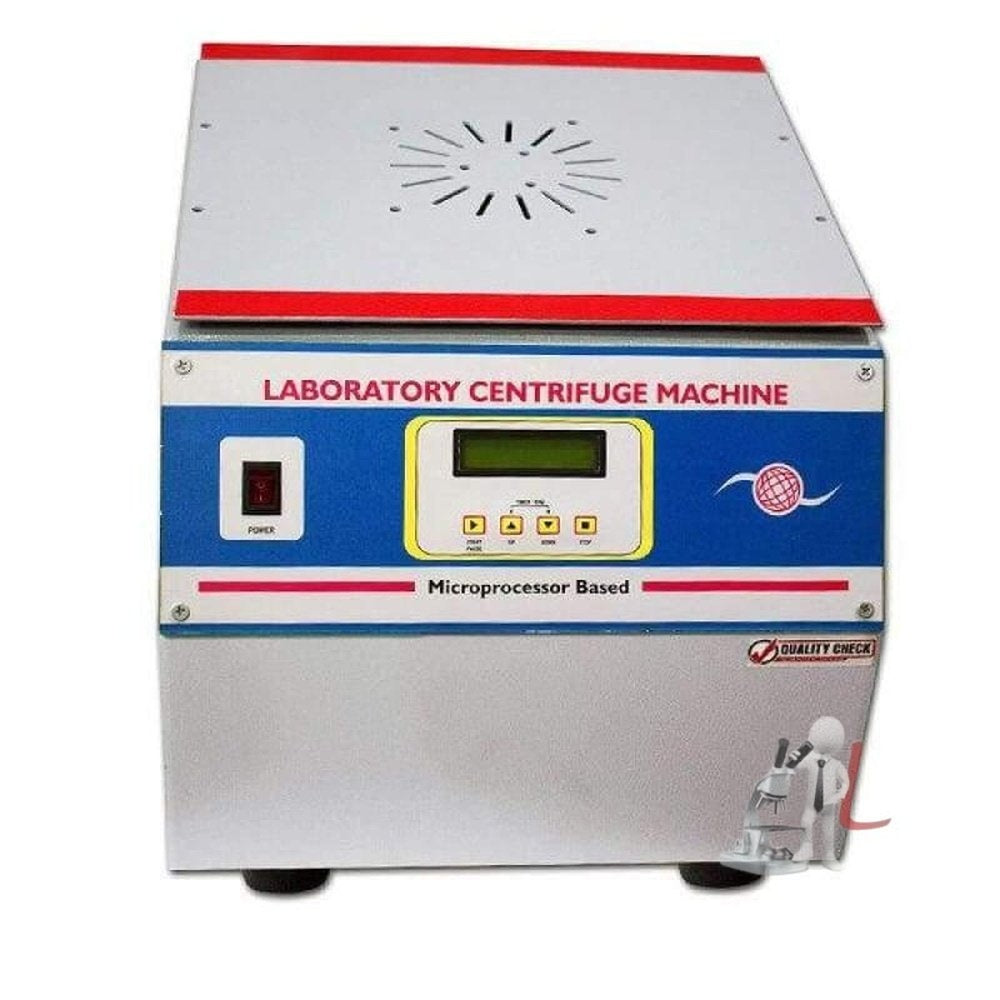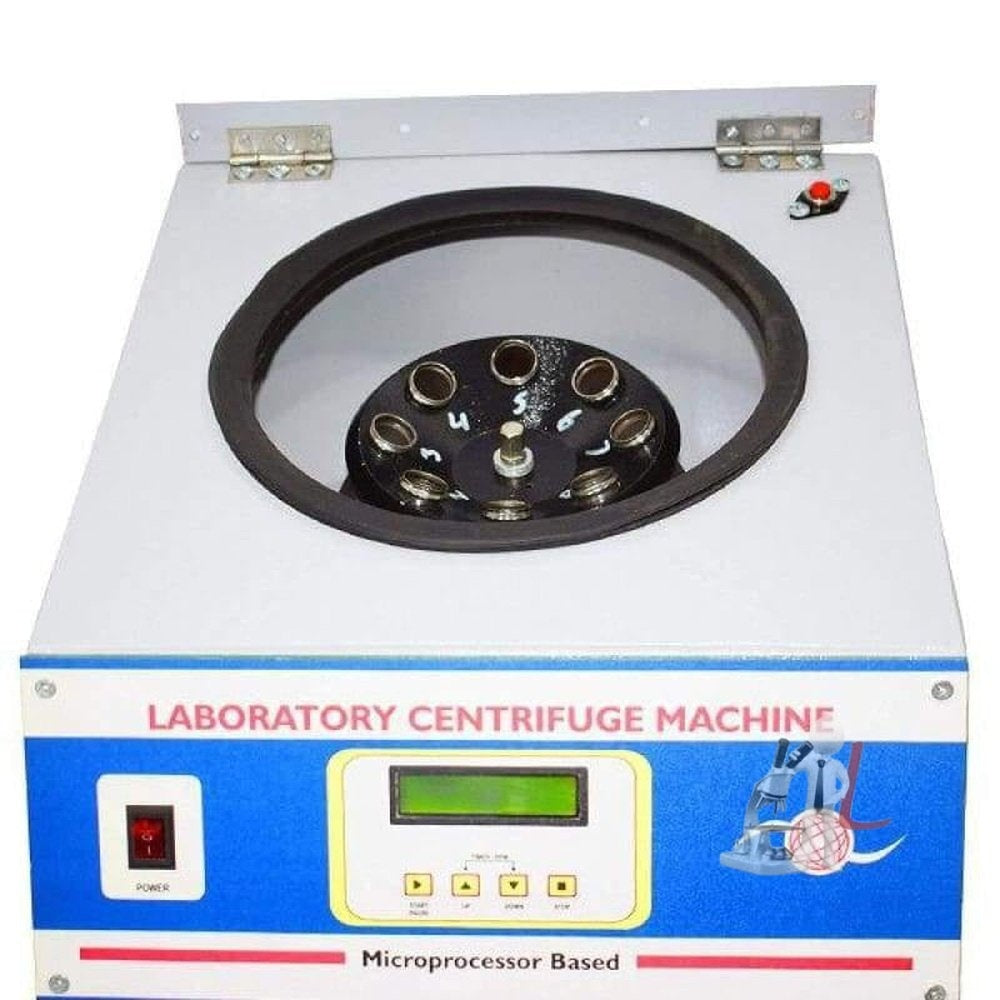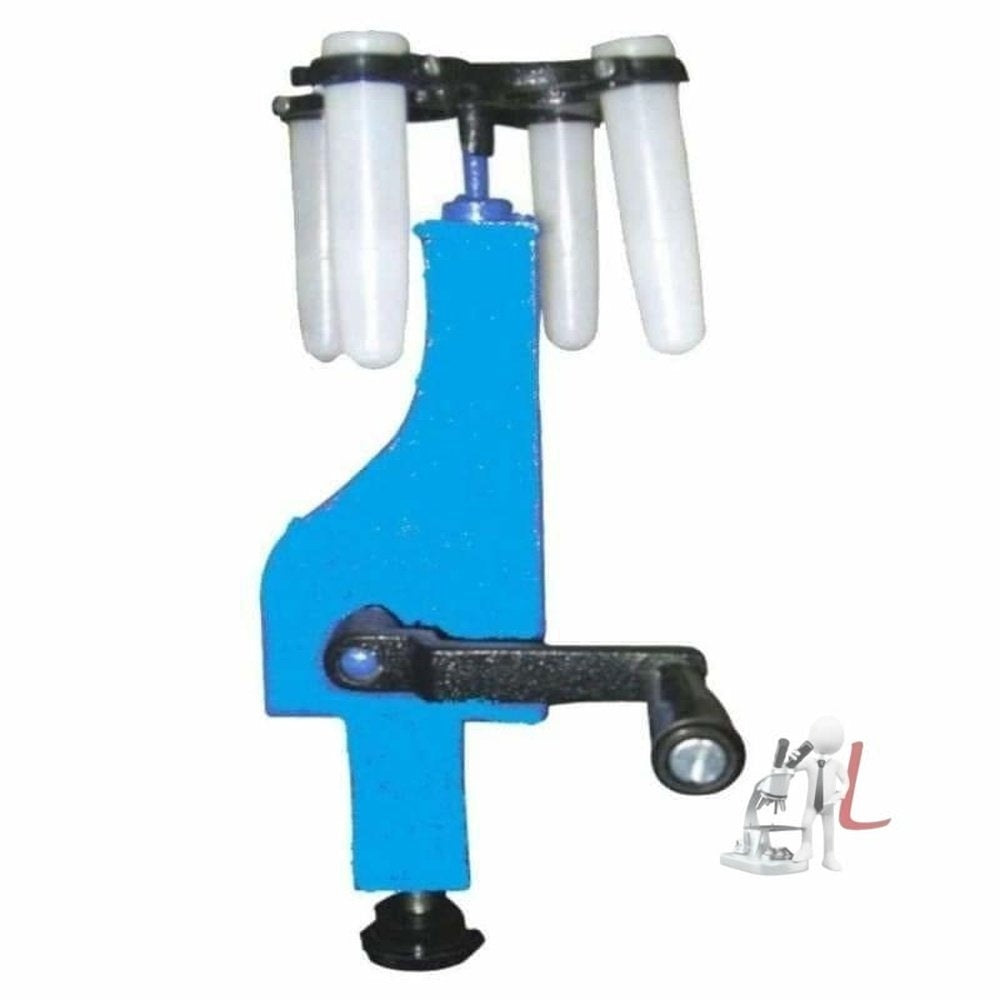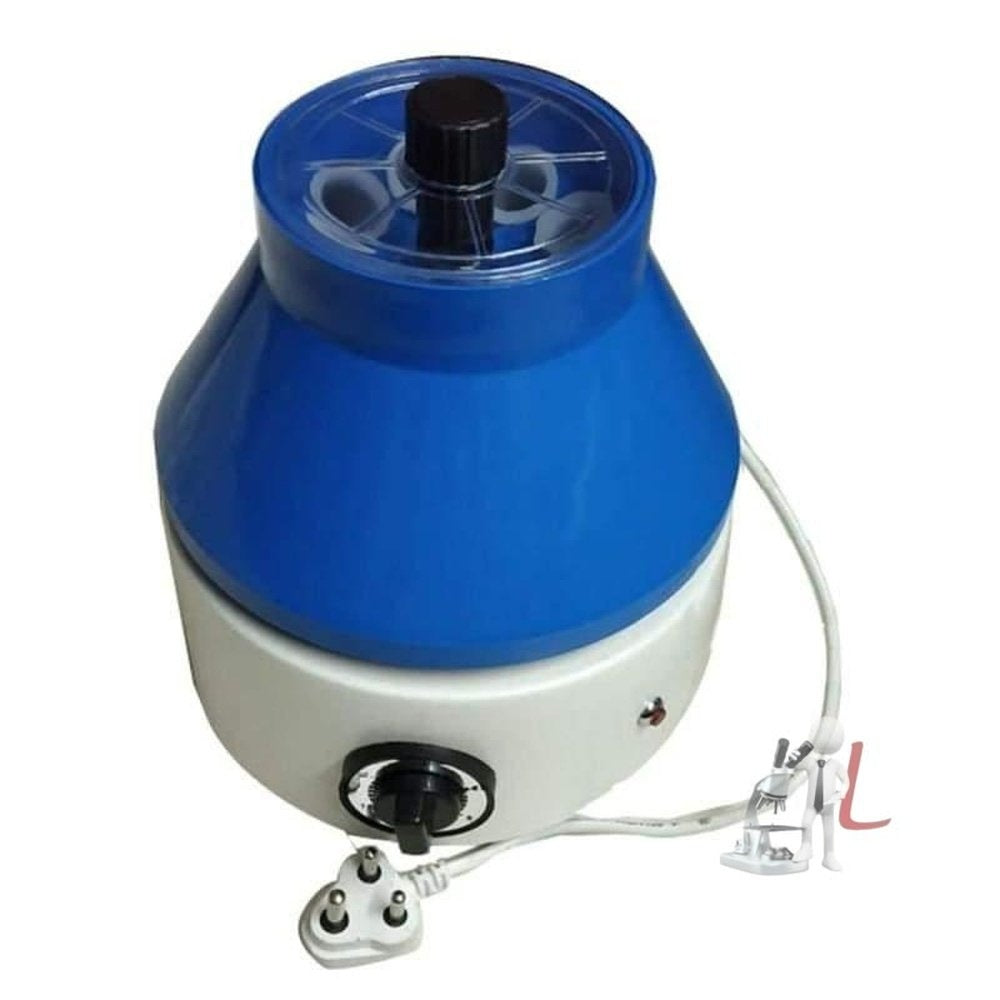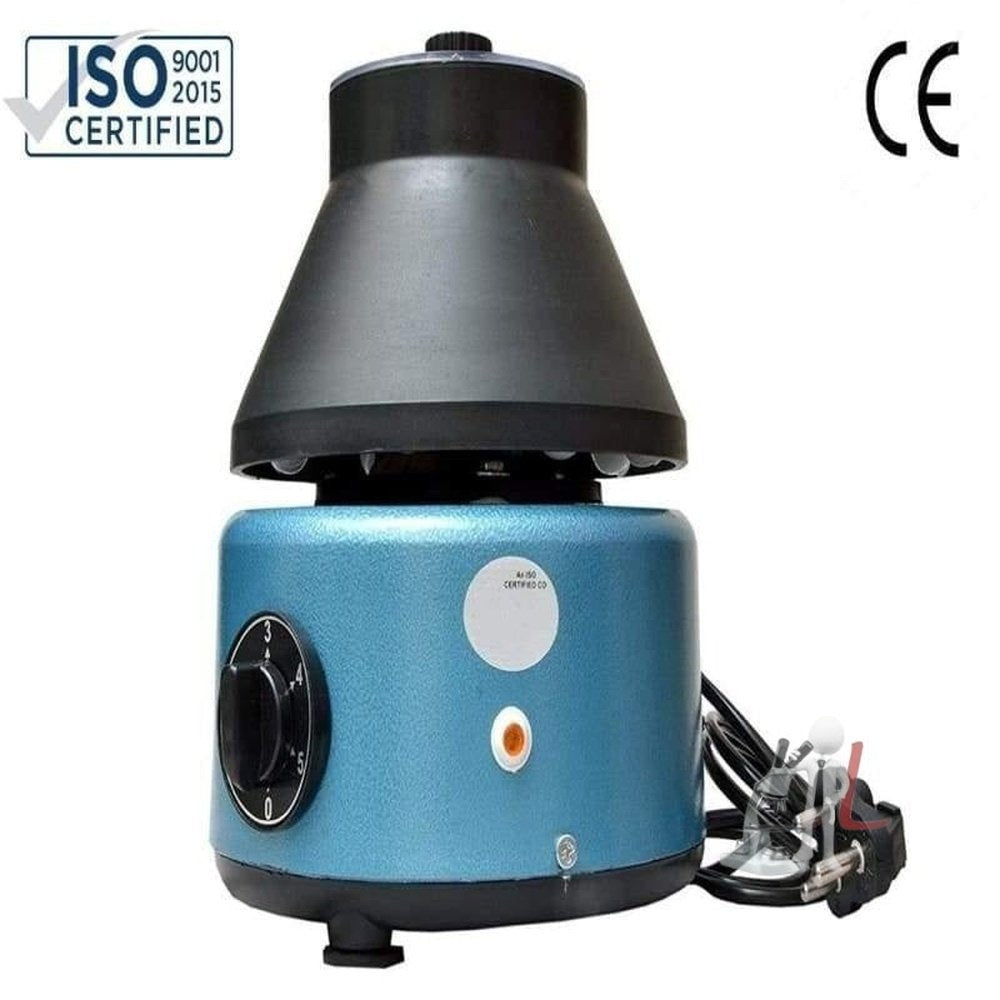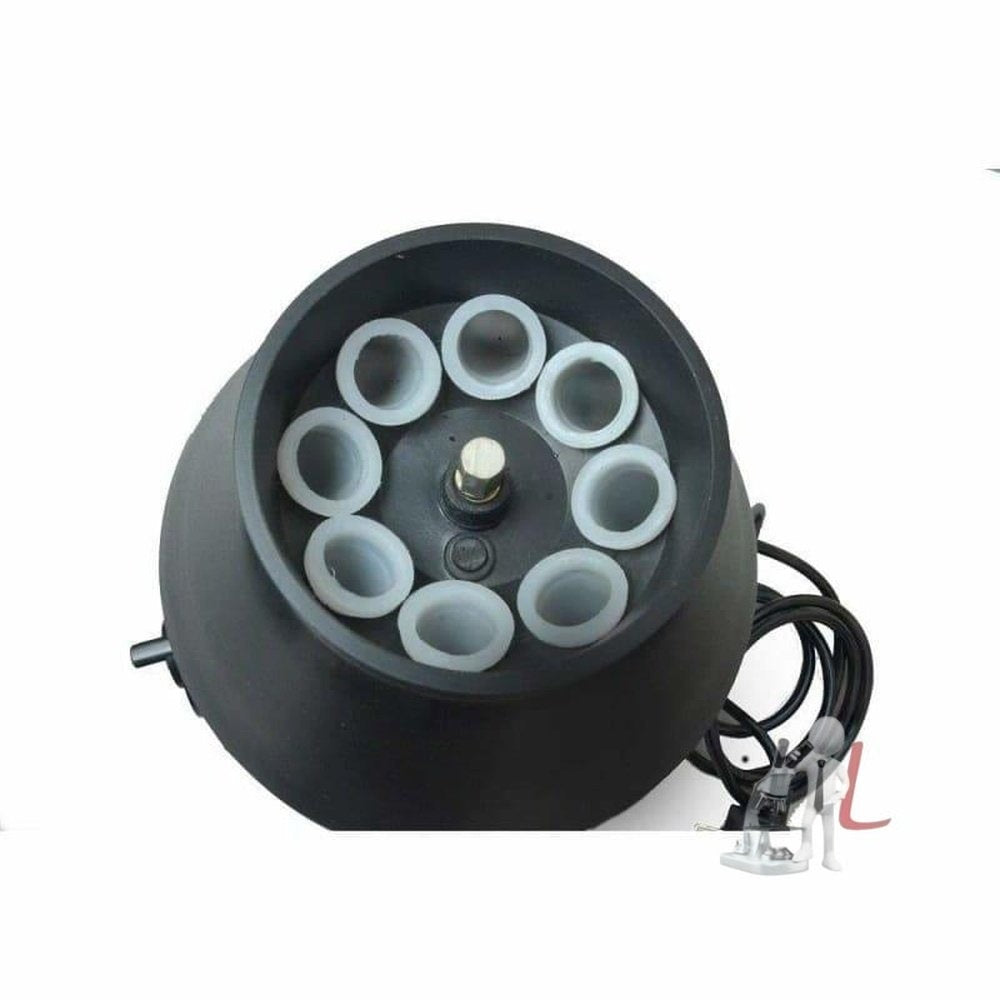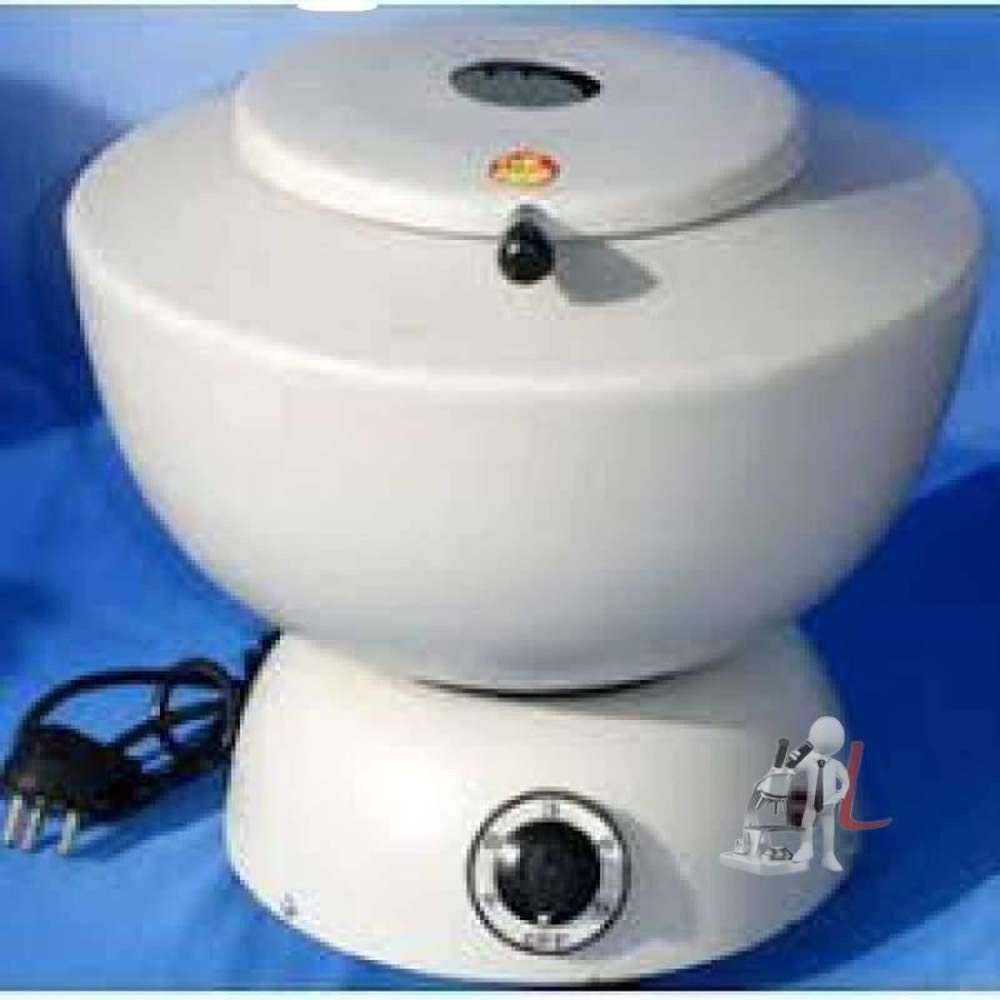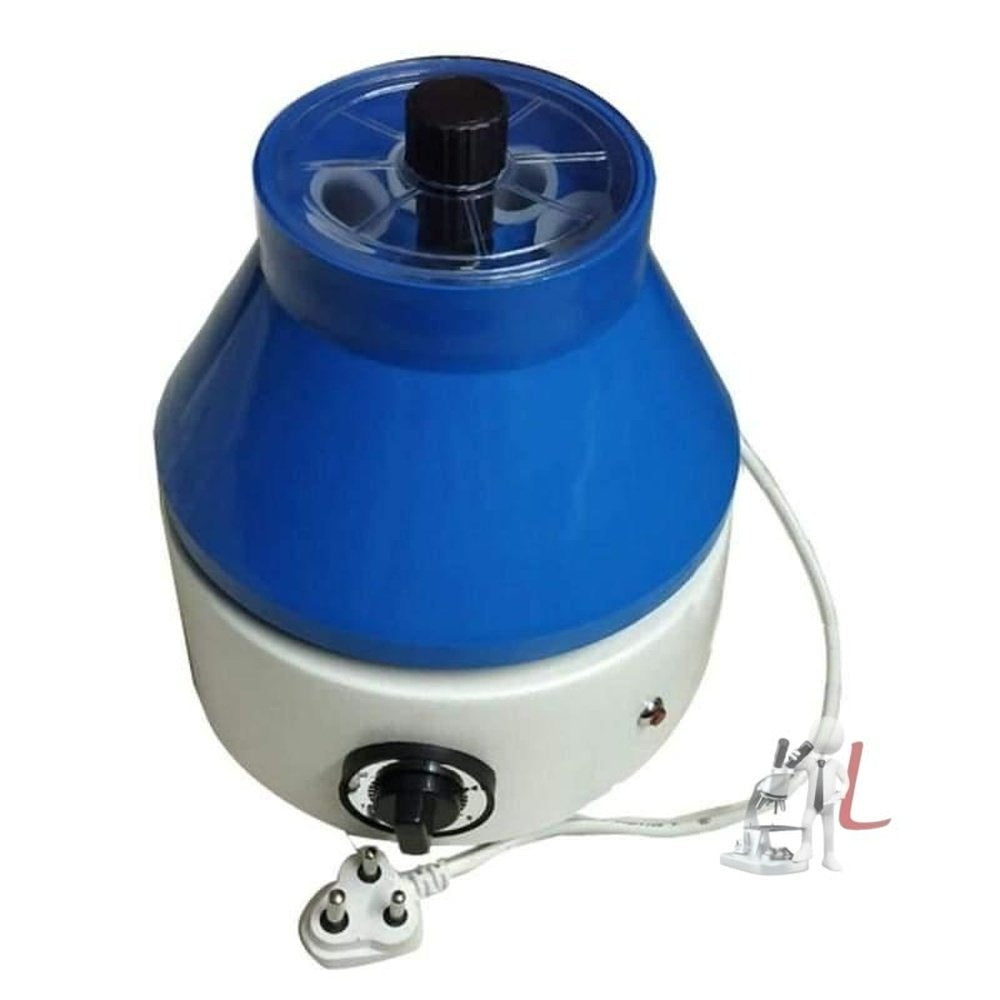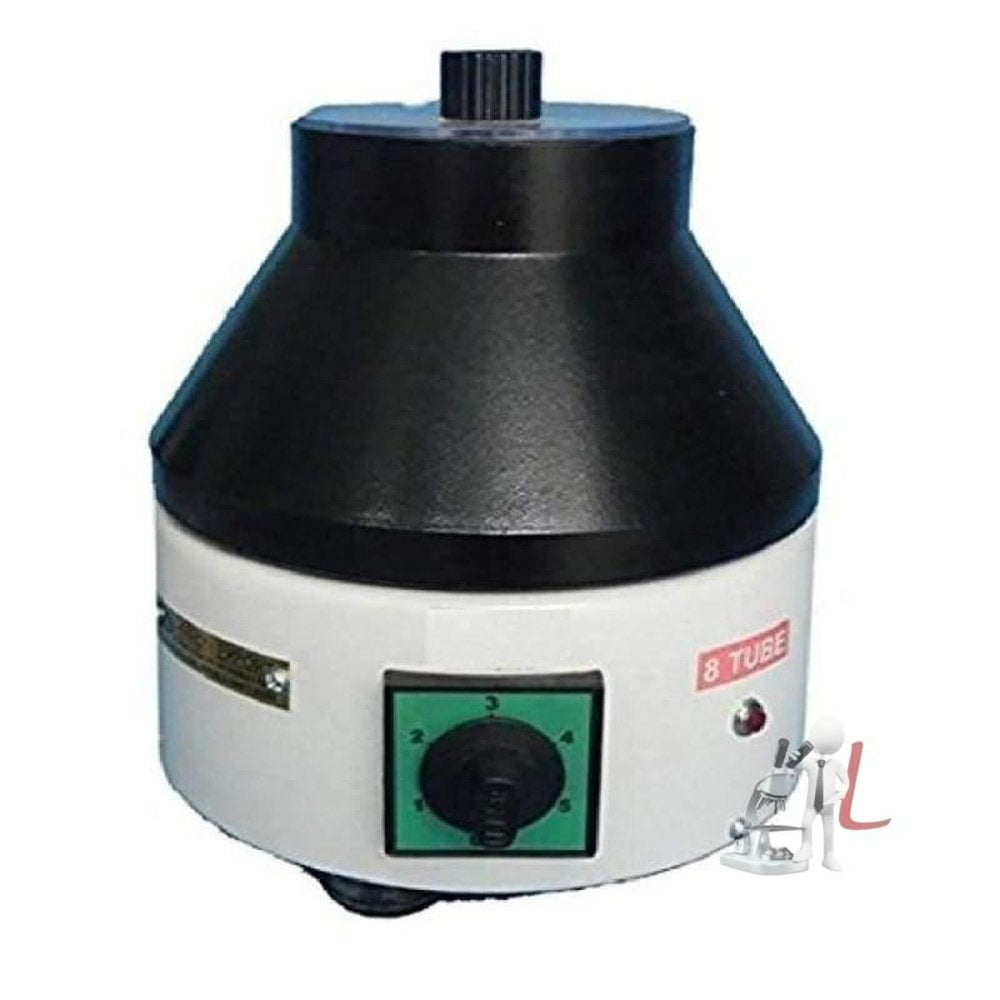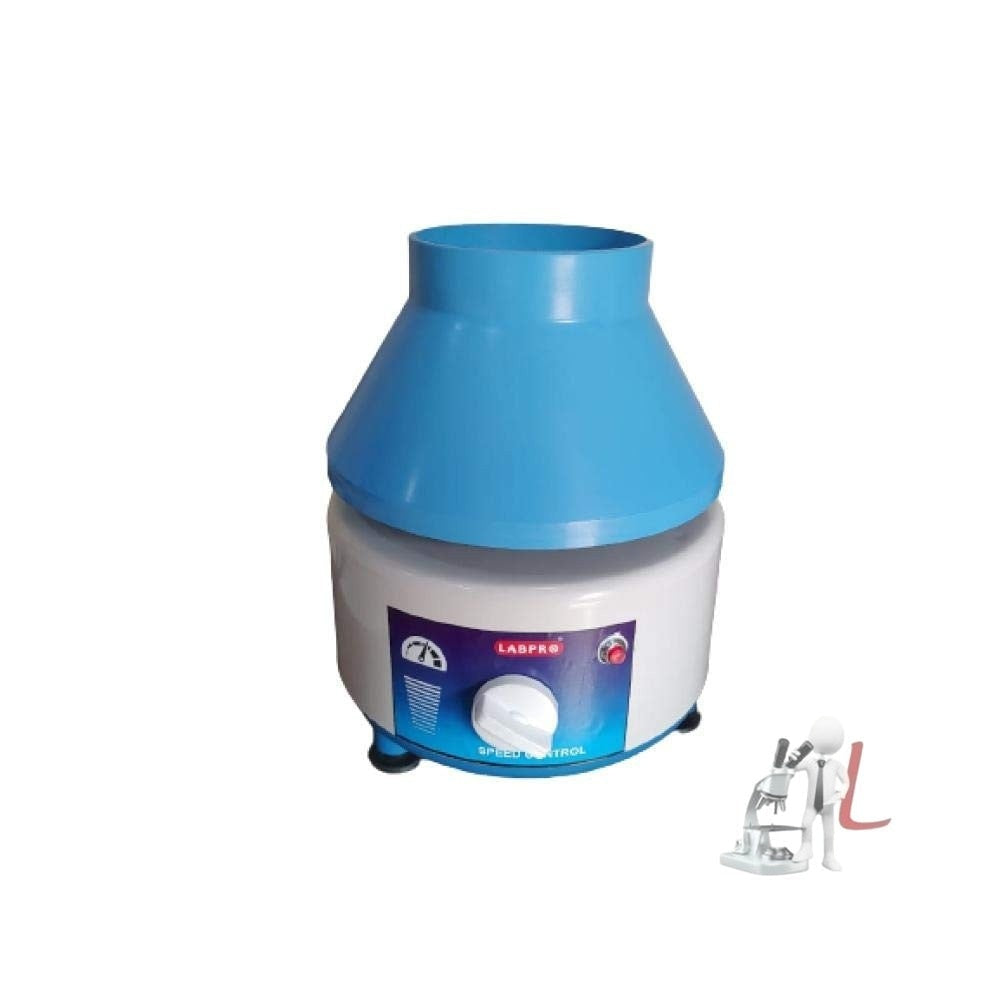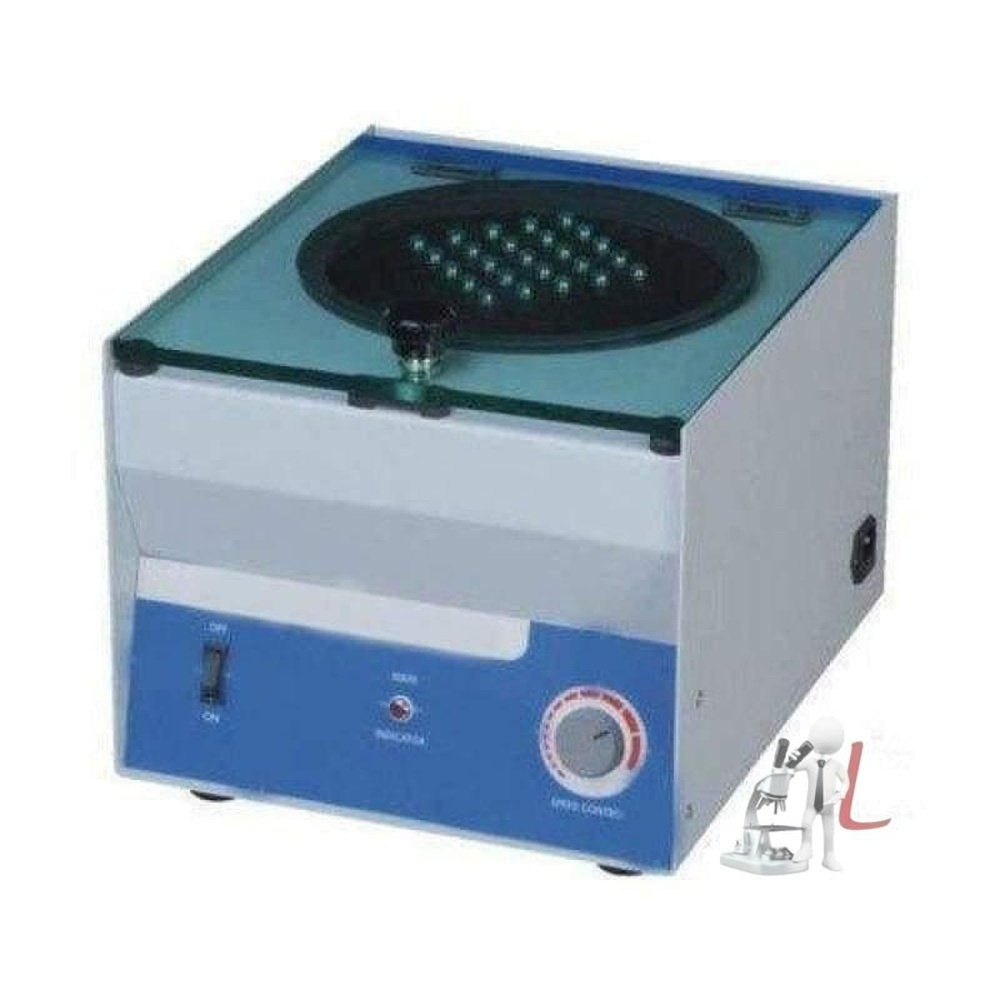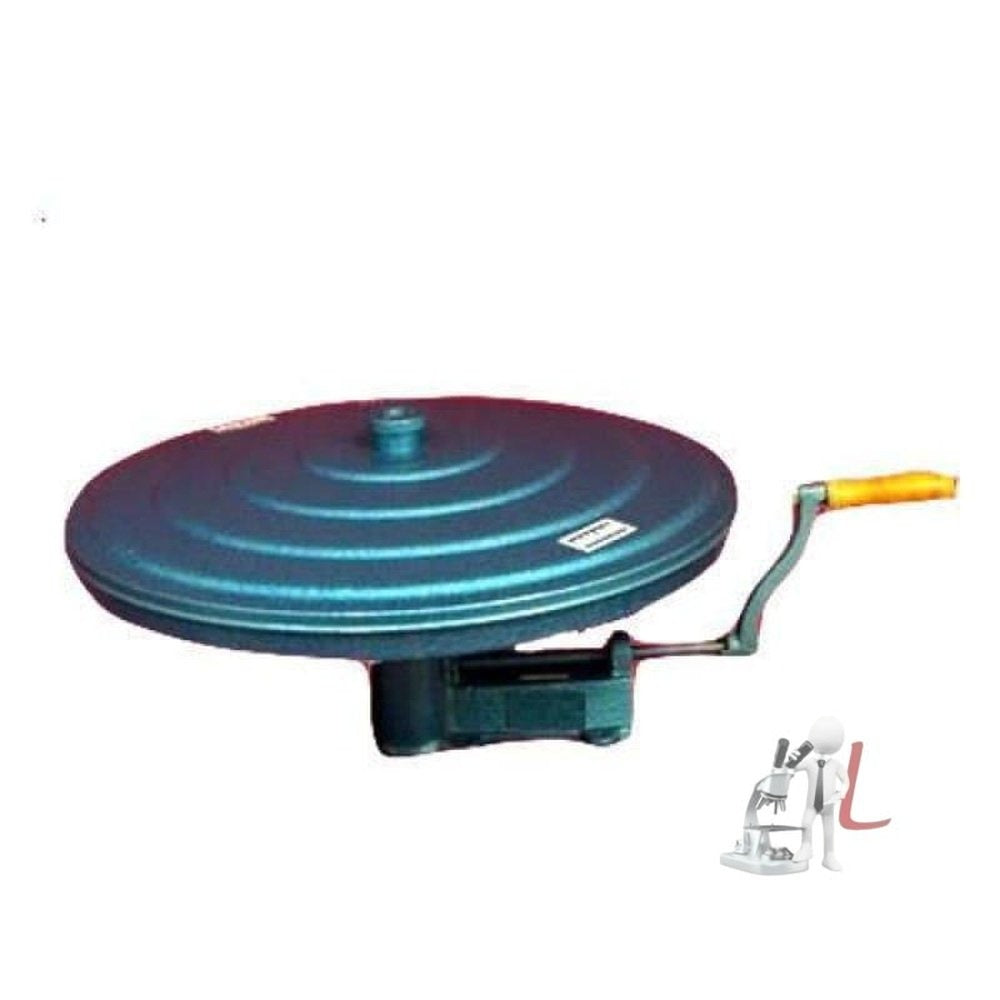Digital Centrifuge Machine
Digital Centrifuge Machine is a critical instrument in many laboratories, designed to separate substances of different densities under centrifugal force. These machines utilize advanced digital control systems to offer precision, reliability, and ease of use, making them indispensable for research, clinical, and industrial applications. One of the primary advantages of the Digital Centrifuge Machine is its ability to achieve consistent and reproducible results, which is essential for the validity of scientific experiments.
At their core, Digital Centrifuge Machines operate on a simple principle: they spin samples at high speeds, causing denser materials to move outward while less dense materials remain closer to the center. This separation process is crucial in various fields, including biology, chemistry, and environmental science, where it’s vital to isolate components for further analysis. The digital interface of these machines not only enhances user experience but also allows for precise control over speed, time, and temperature settings.
Digital Centrifuge Machines come in various sizes and configurations, catering to a wide range of applications. Laboratory models are typically compact and designed for bench-top use, while larger industrial versions are suitable for high-throughput processes. Regardless of the size, the fundamental mechanism remains the same, emphasizing the critical role of high-speed rotation in separating samples effectively.
One of the notable features of a Digital Centrifuge Machine is its ability to process multiple samples simultaneously, increasing throughput and efficiency in any laboratory setting. This multipurpose functionality saves researchers valuable time and ensures that experiments proceed as planned without significant delays. With advancements in technology, many modern centrifuges also incorporate features such as temperature control, safety mechanisms, and user-friendly interfaces, which make them even more versatile.
In a clinical setting, the Digital Centrifuge Machine plays a pivotal role in procedures such as blood separation, where plasma, serum, and cellular components must be extracted for various diagnostic tests. The accurate and efficient separation provided by these machines ensures that healthcare professionals can deliver timely and correct diagnoses, ultimately impacting patient care.
Digital Centrifuge Machines are also vital in bioprocessing and pharmaceutical production. Here, they are used for cell harvesting, separation of biomolecules, and purification processes which are crucial in the manufacture of vaccines, therapeutics, and other biologically-derived products. As industries strive for increased efficiency and precision, the role of the Digital Centrifuge Machine becomes ever more significant.
Safety is another paramount concern when operating a Digital Centrifuge Machine. Modern machines are designed with built-in safety features such as imbalance detection systems, automatic lid lock mechanisms, and emergency stop functions to protect both the user and the equipment. These features prevent accidents and ensure that the centrifuge operates within safe parameters at all times.
Furthermore, the digital control panels of these centrifuges provide users with the easy ability to set and monitor parameters. Many users appreciate the intuitive design of these interfaces, which often include preset programs for common applications. This reduces the complexity of operation, allowing less experienced users to utilize the centrifuge without extensive training.
As the demand for high-quality research and efficient laboratory processes increases, the market for Digital Centrifuge Machines continues to grow. Manufacturers are increasingly incorporating innovative technology, such as smart sensors and connectivity features, into their designs. Some models even allow remote monitoring and control via mobile applications, representing a significant leap toward the automation of laboratory processes.
It’s essential to consider the maintenance of your Digital Centrifuge Machine to ensure longevity and consistent performance. Regular servicing, calibration, and adherence to operational guidelines are necessary steps to maintain the efficiency of the centrifuge. Users should follow the manufacturer’s instructions closely and be familiar with best practices for using and maintaining the machine effectively.
Finally, purchasing a Digital Centrifuge Machine is an investment that requires careful consideration of your specific needs, laboratory space, and budget. It’s advisable to consult with industry experts and compare models before making a decision to purchase. Whether for educational purposes, clinical diagnostics, or industrial applications, the right Digital Centrifuge Machine can significantly enhance your laboratory's capabilities and overall productivity.
In conclusion, the Digital Centrifuge Machine is an essential tool that has revolutionized the way scientists and healthcare professionals isolate and analyze different components within various samples. Its digital capabilities ensure that users can achieve precise and reliable results consistently, while maintenance and safety features enhance its usability. As technology continues to advance, we can expect the Digital Centrifuge Machine to evolve further, offering even more capabilities and efficiencies for users worldwide.
Filter
Sort by


